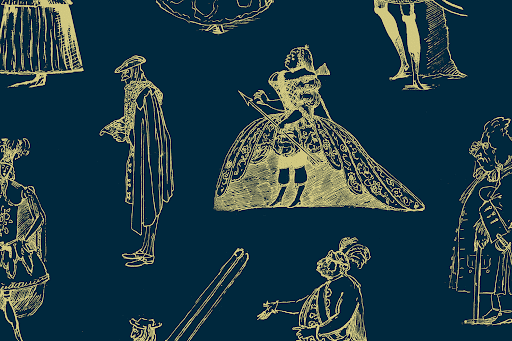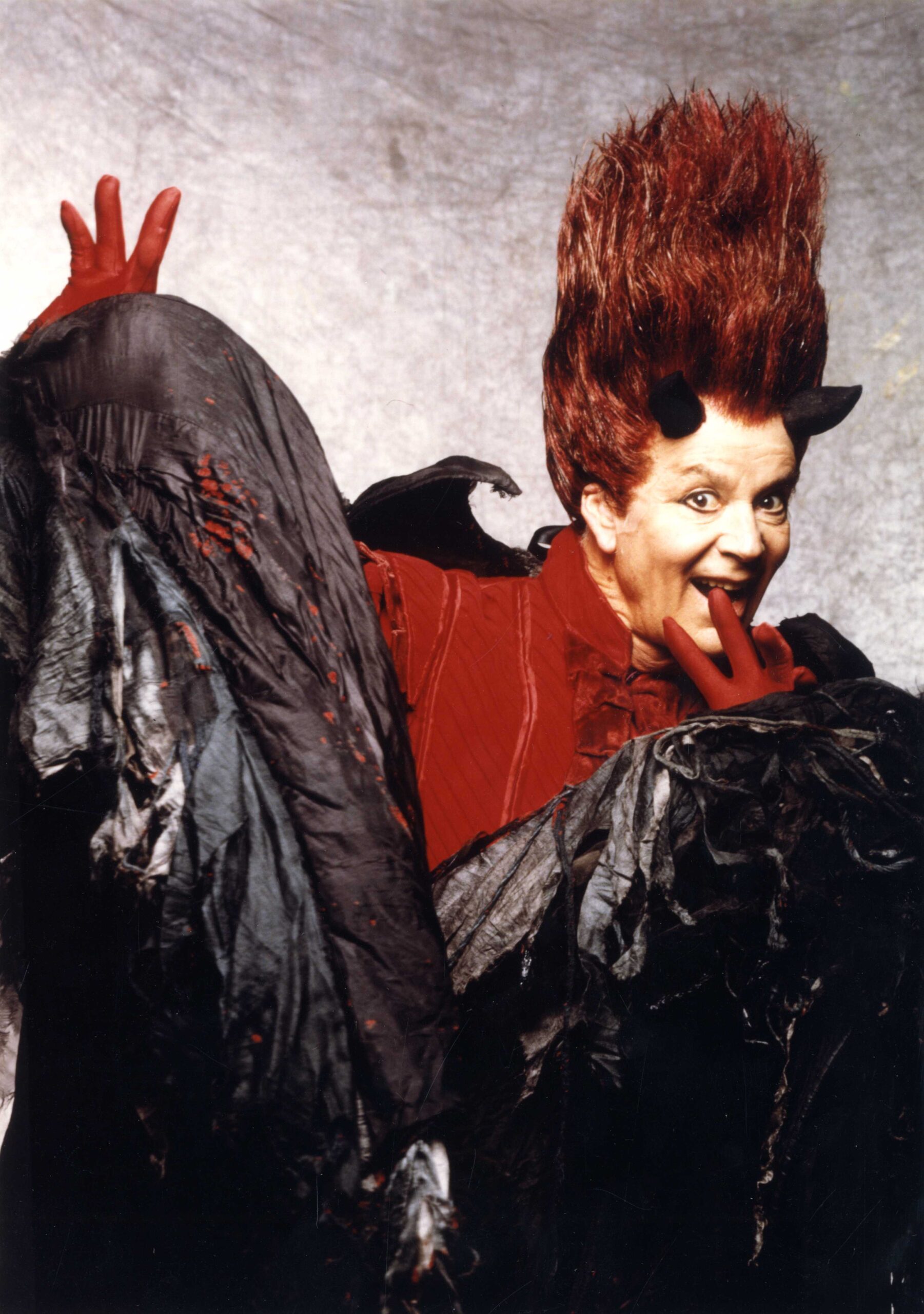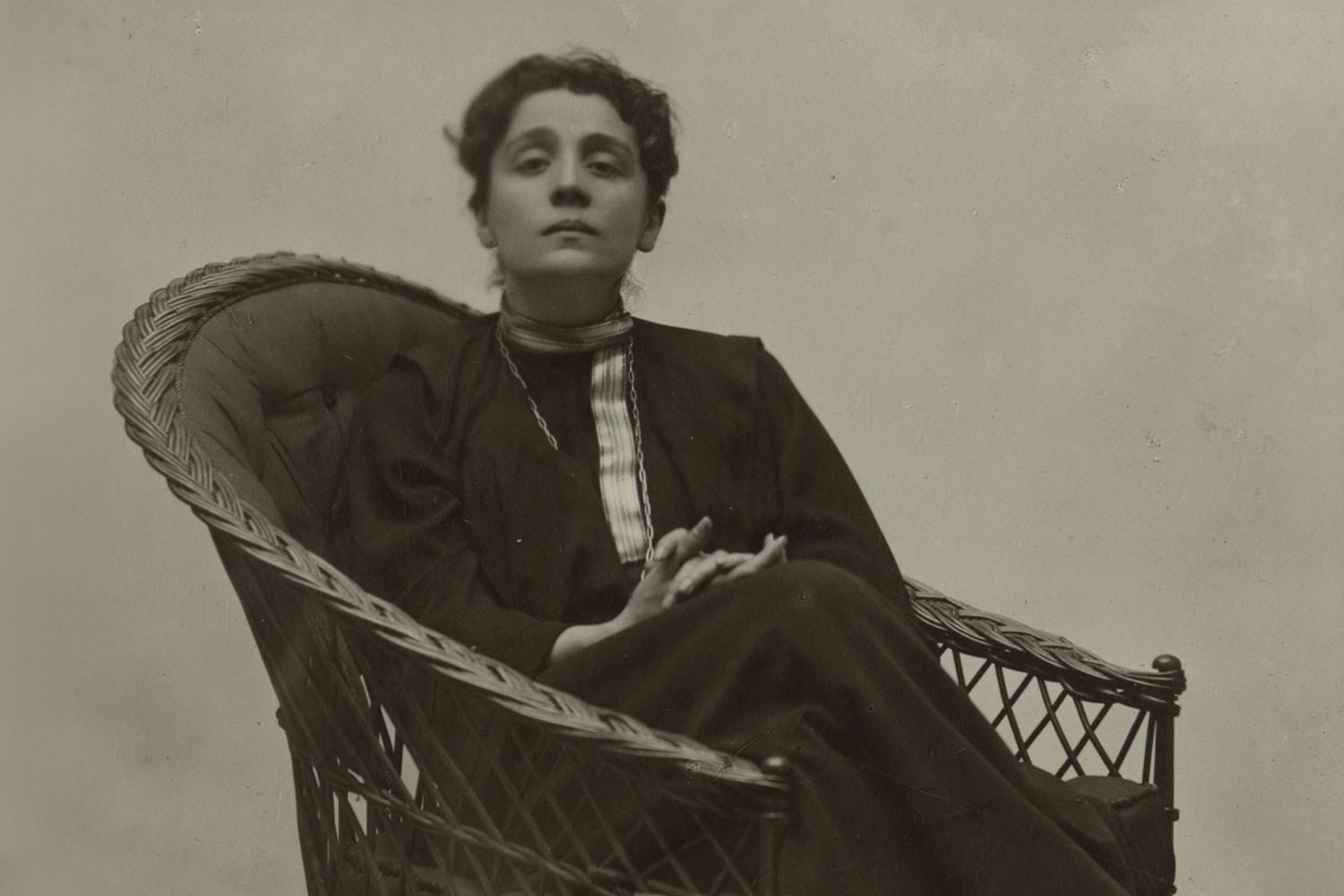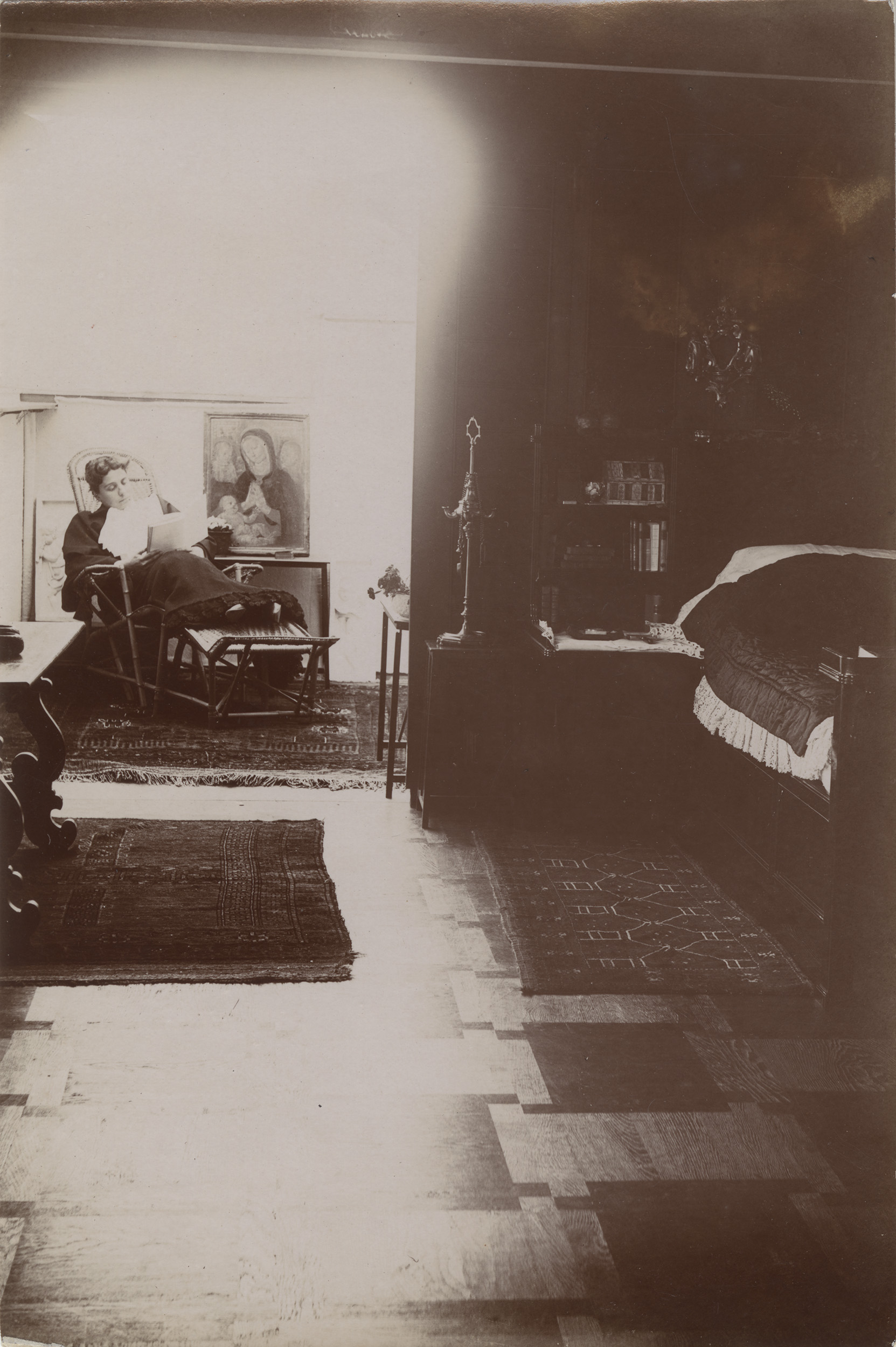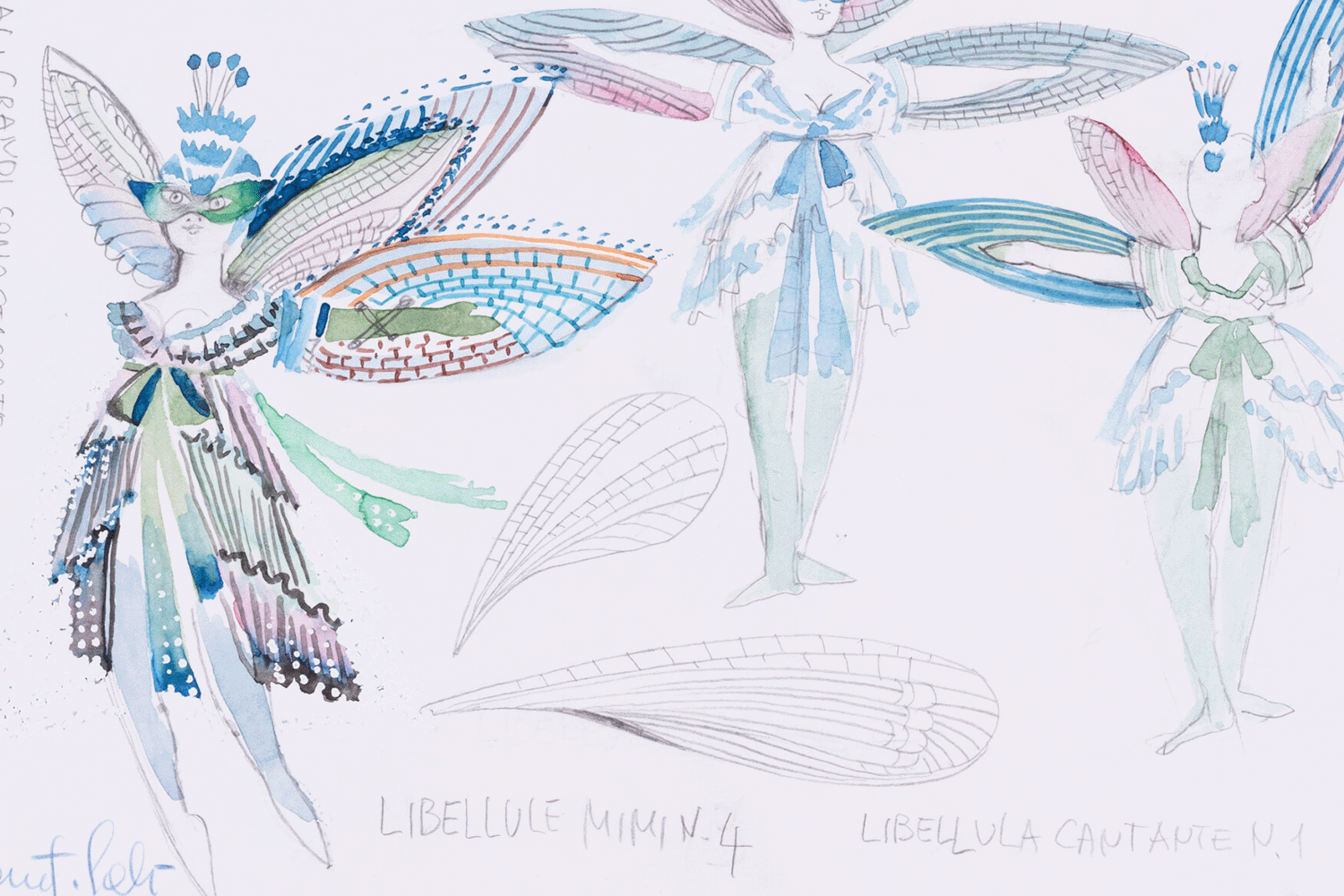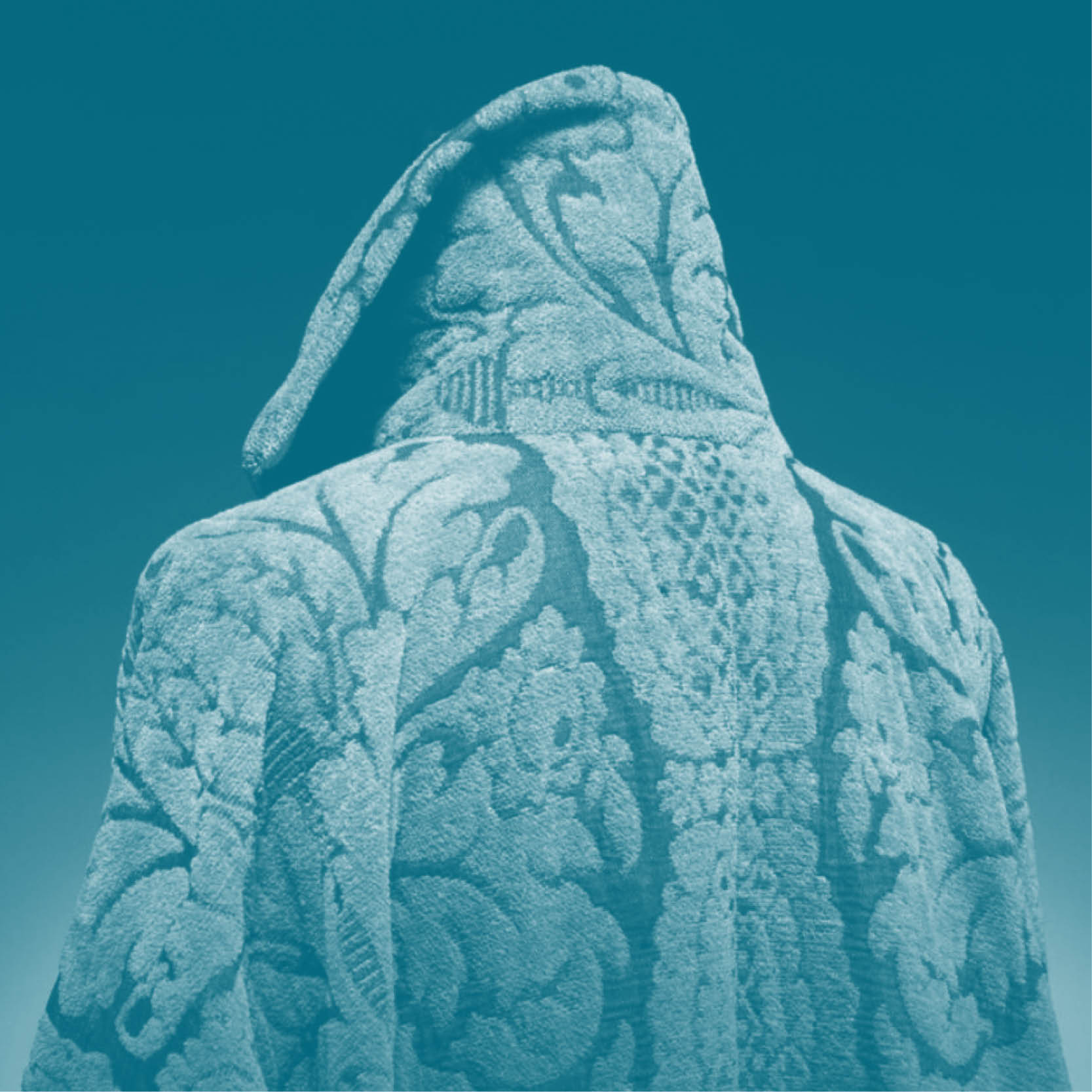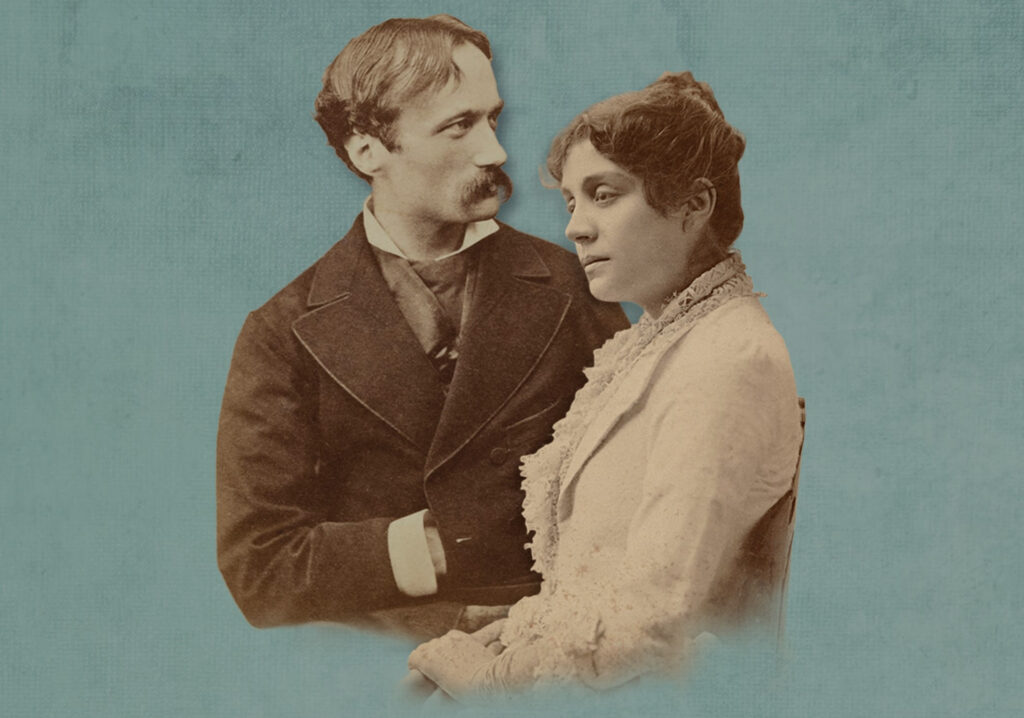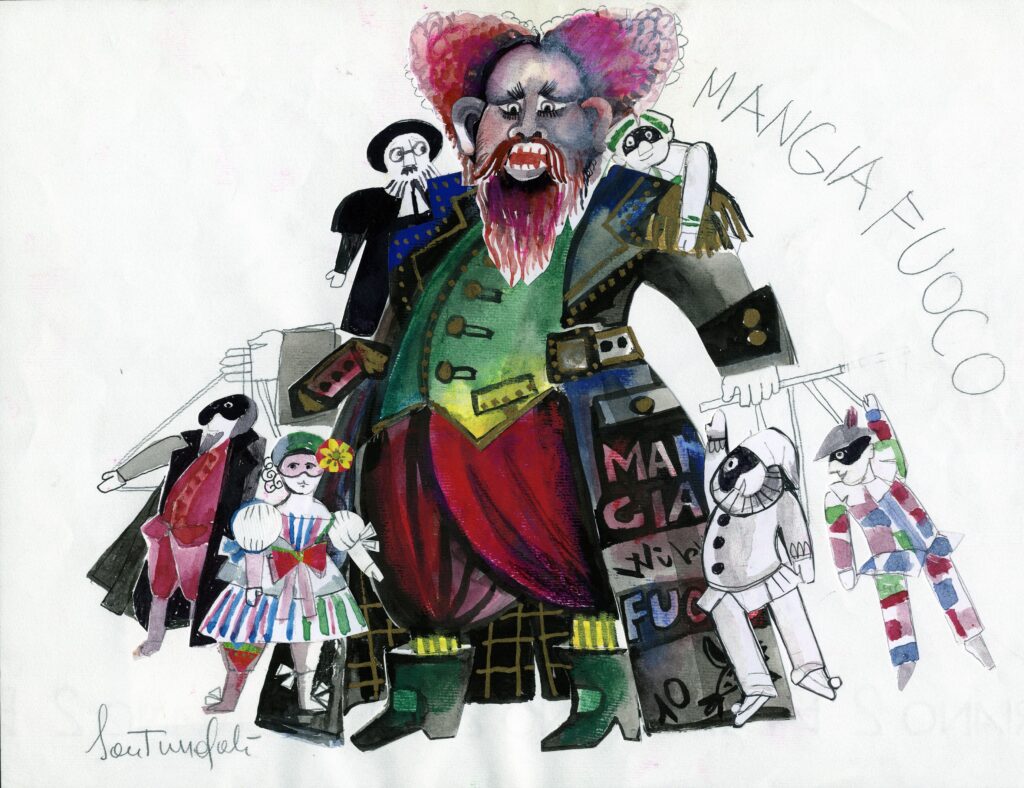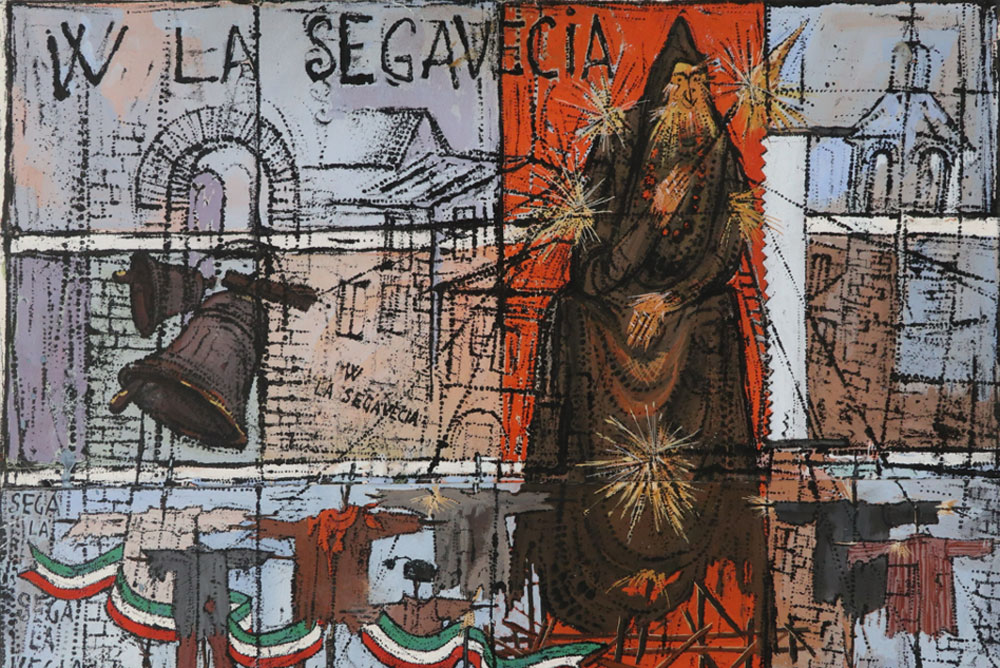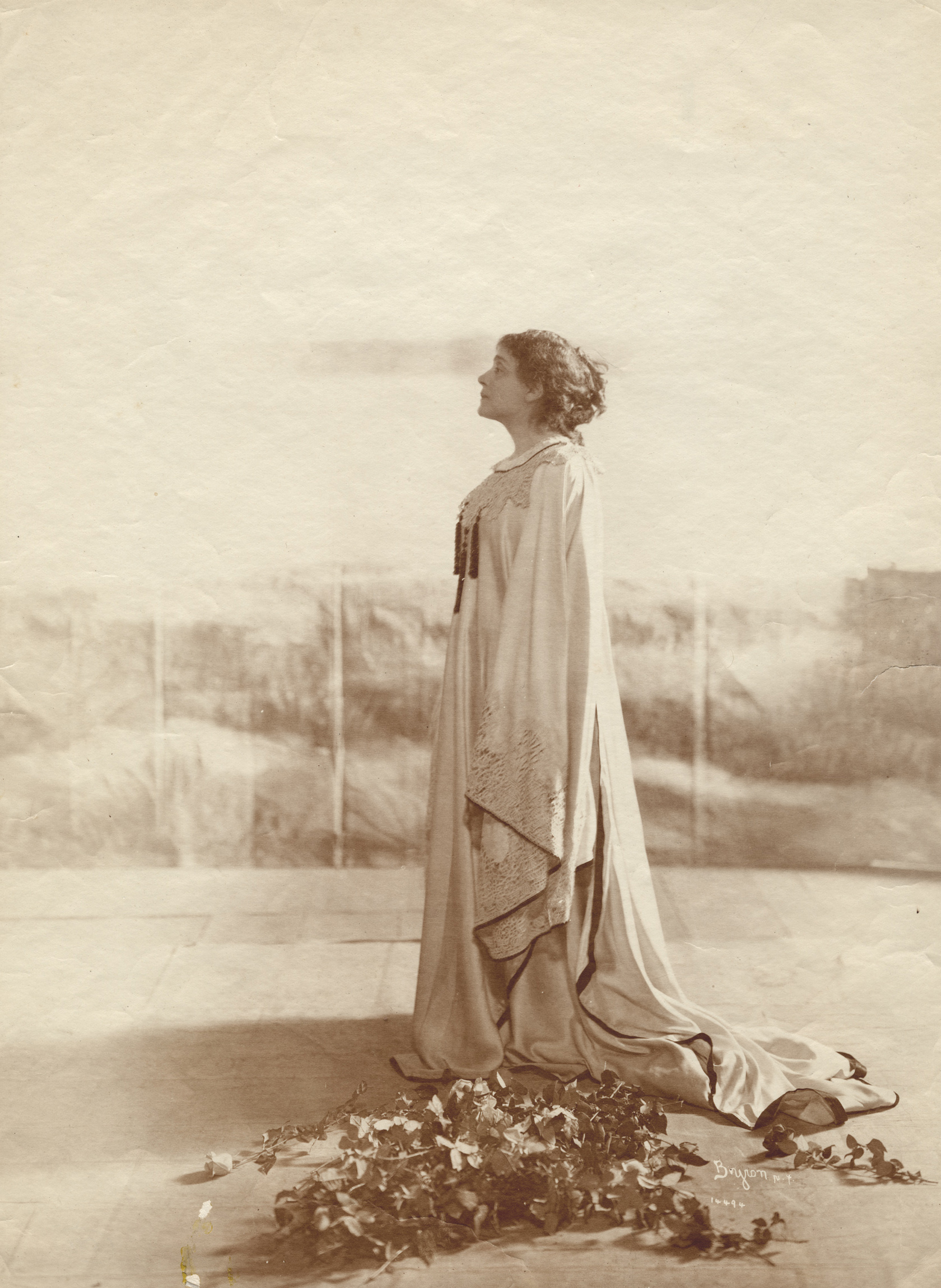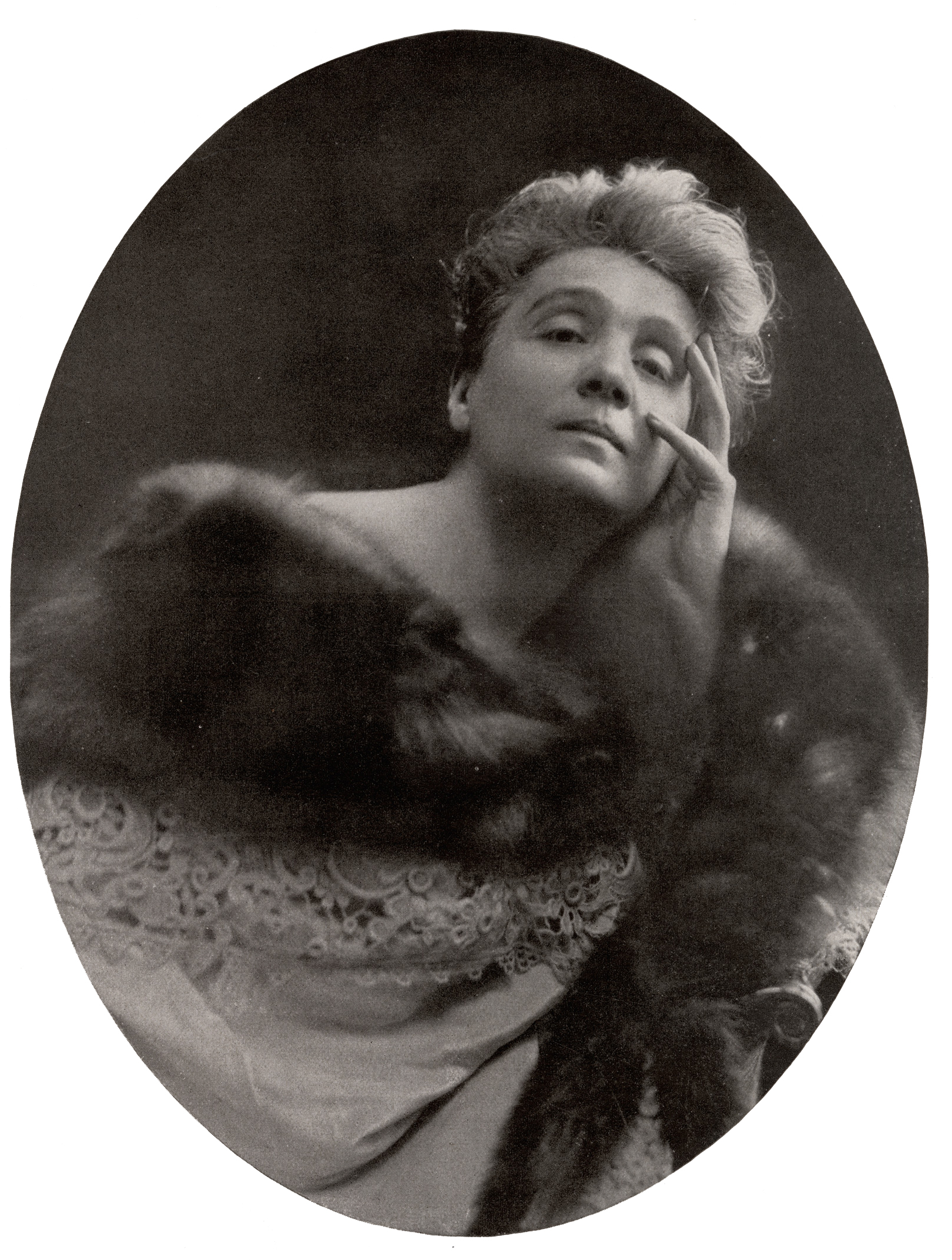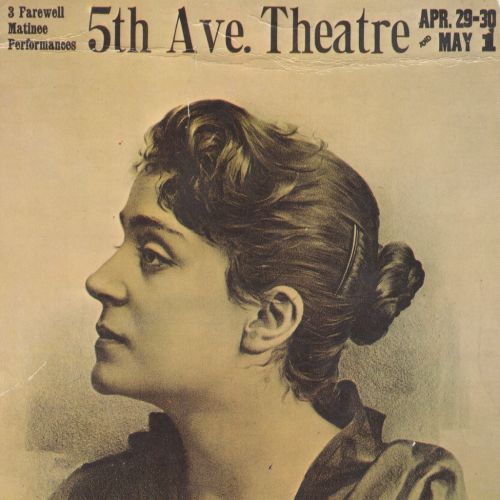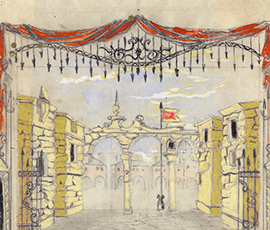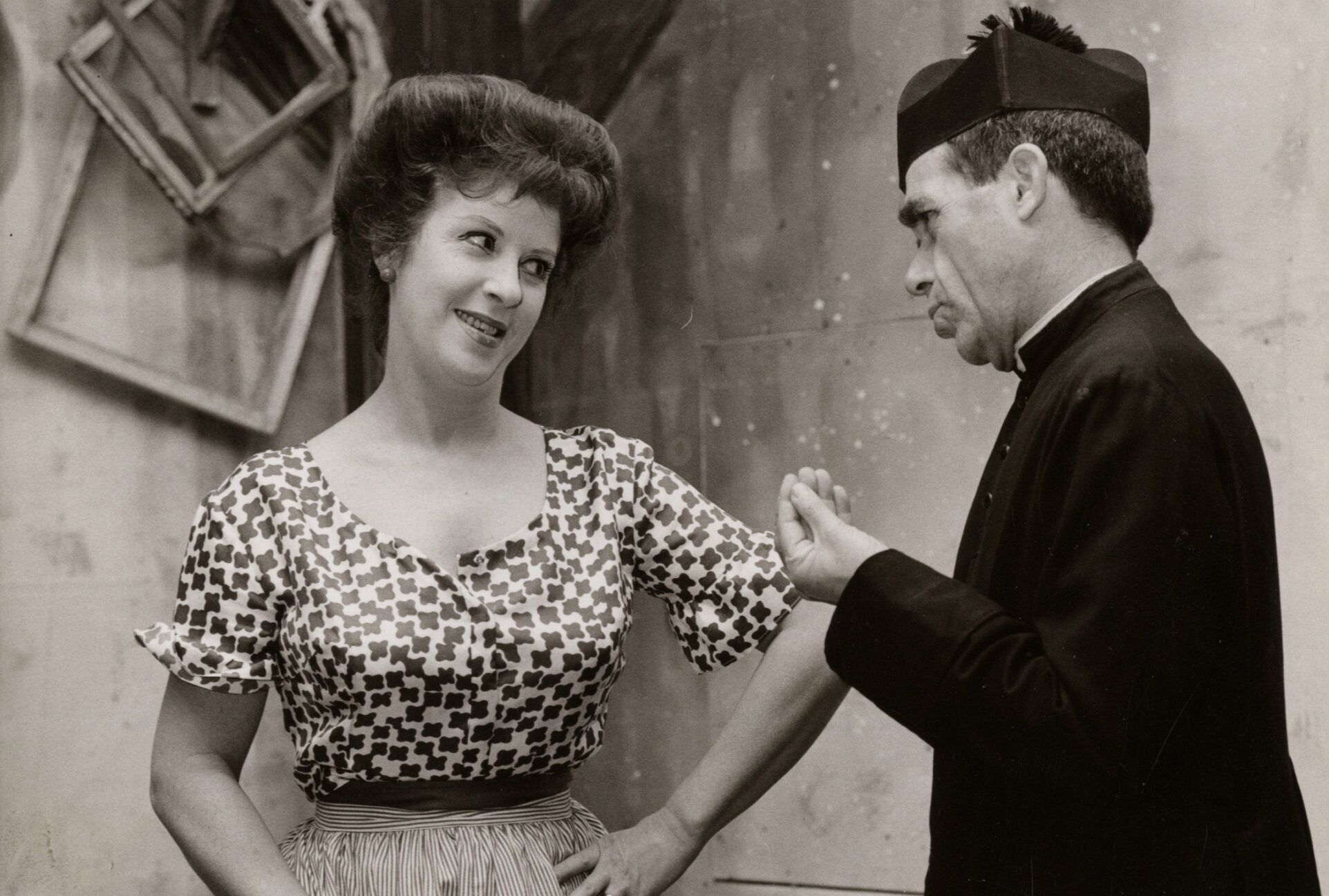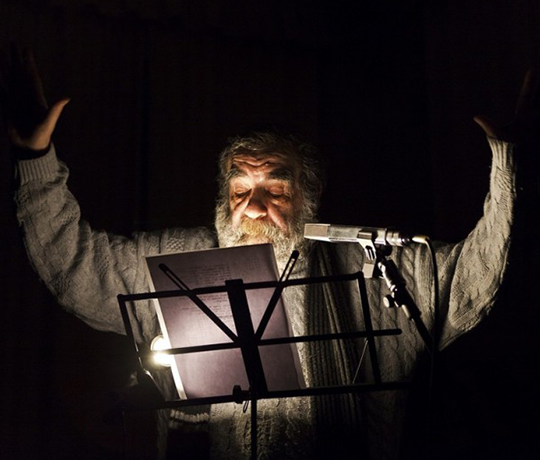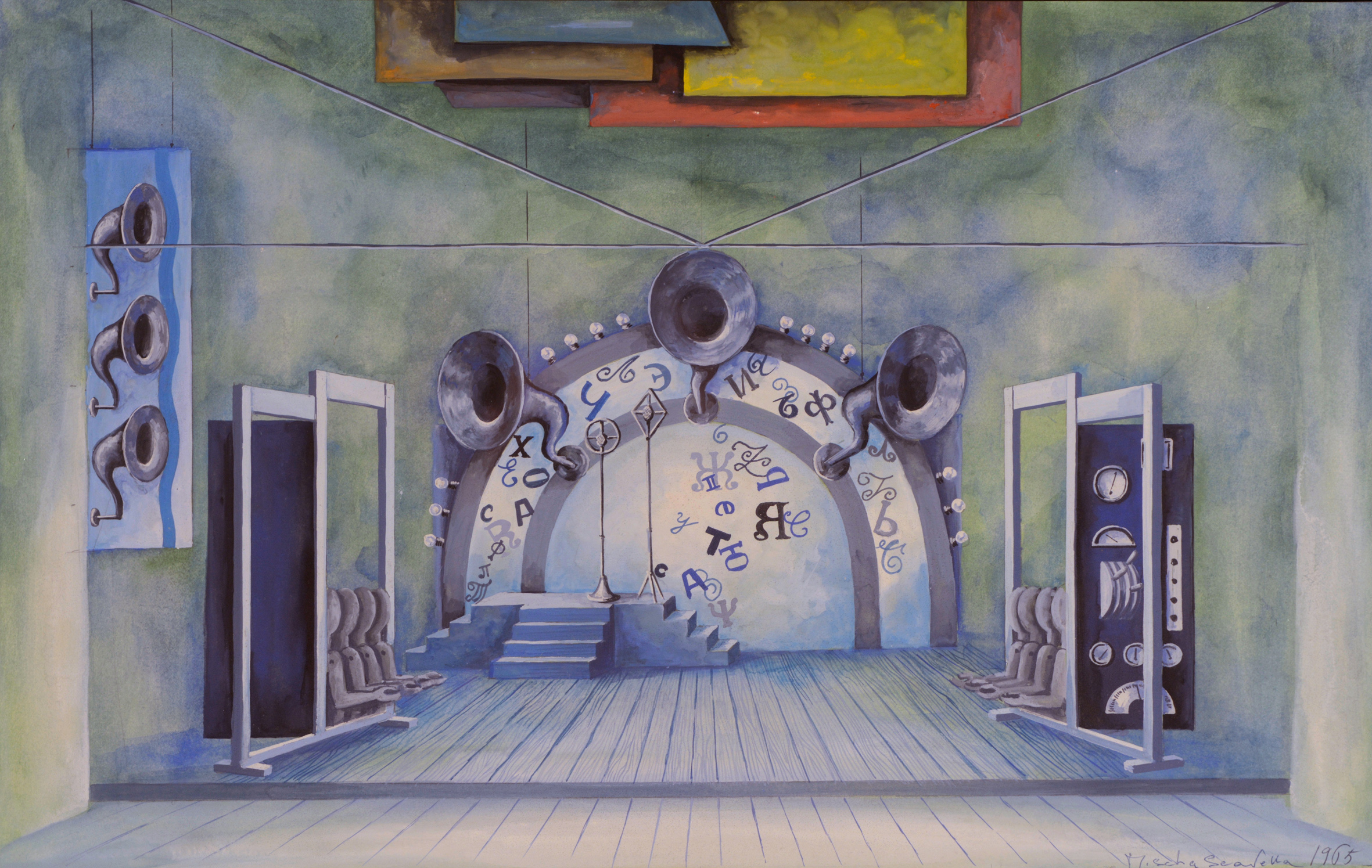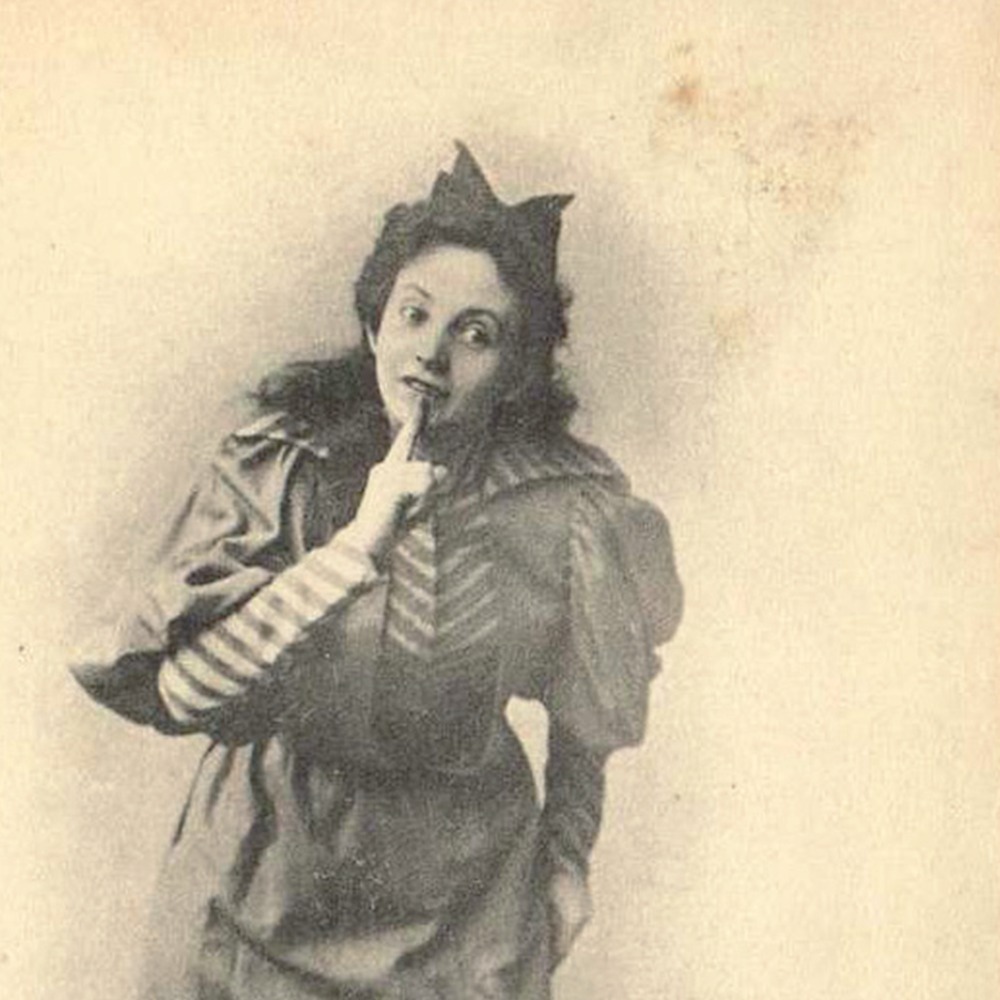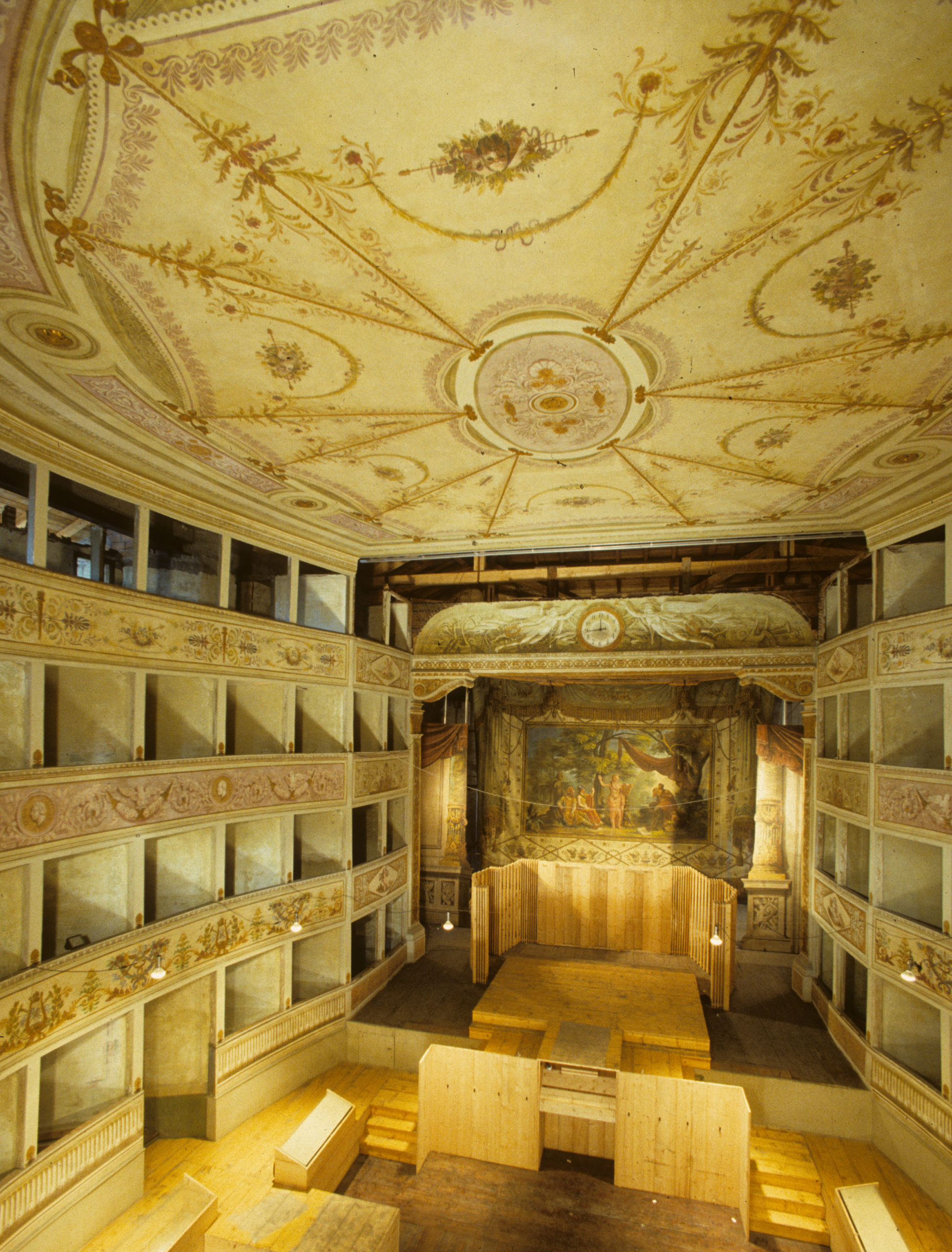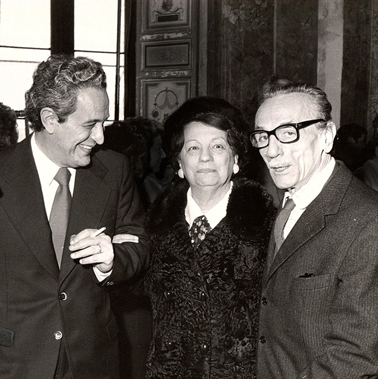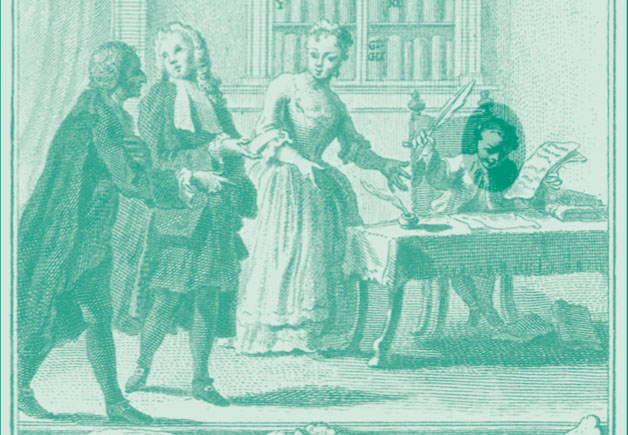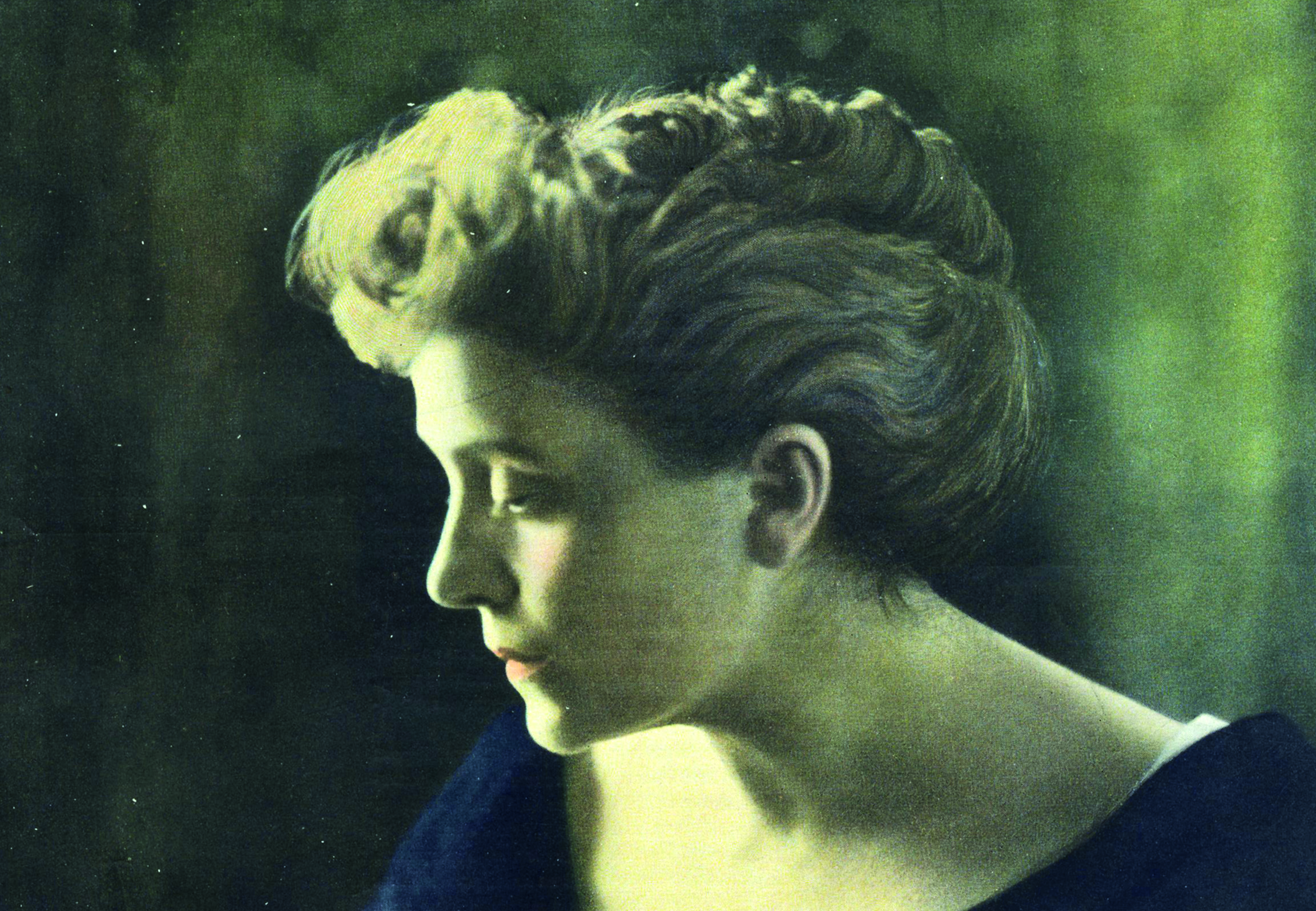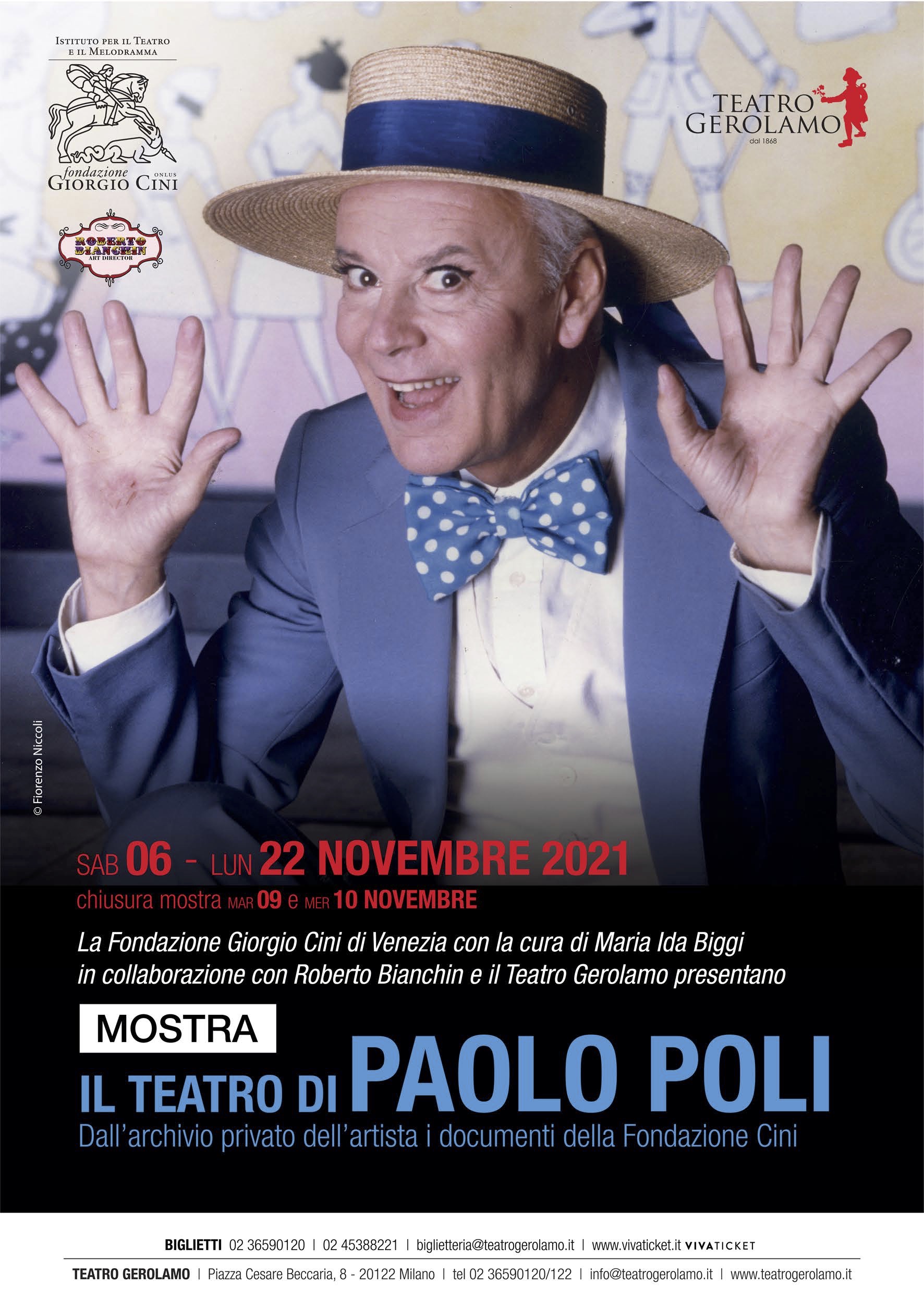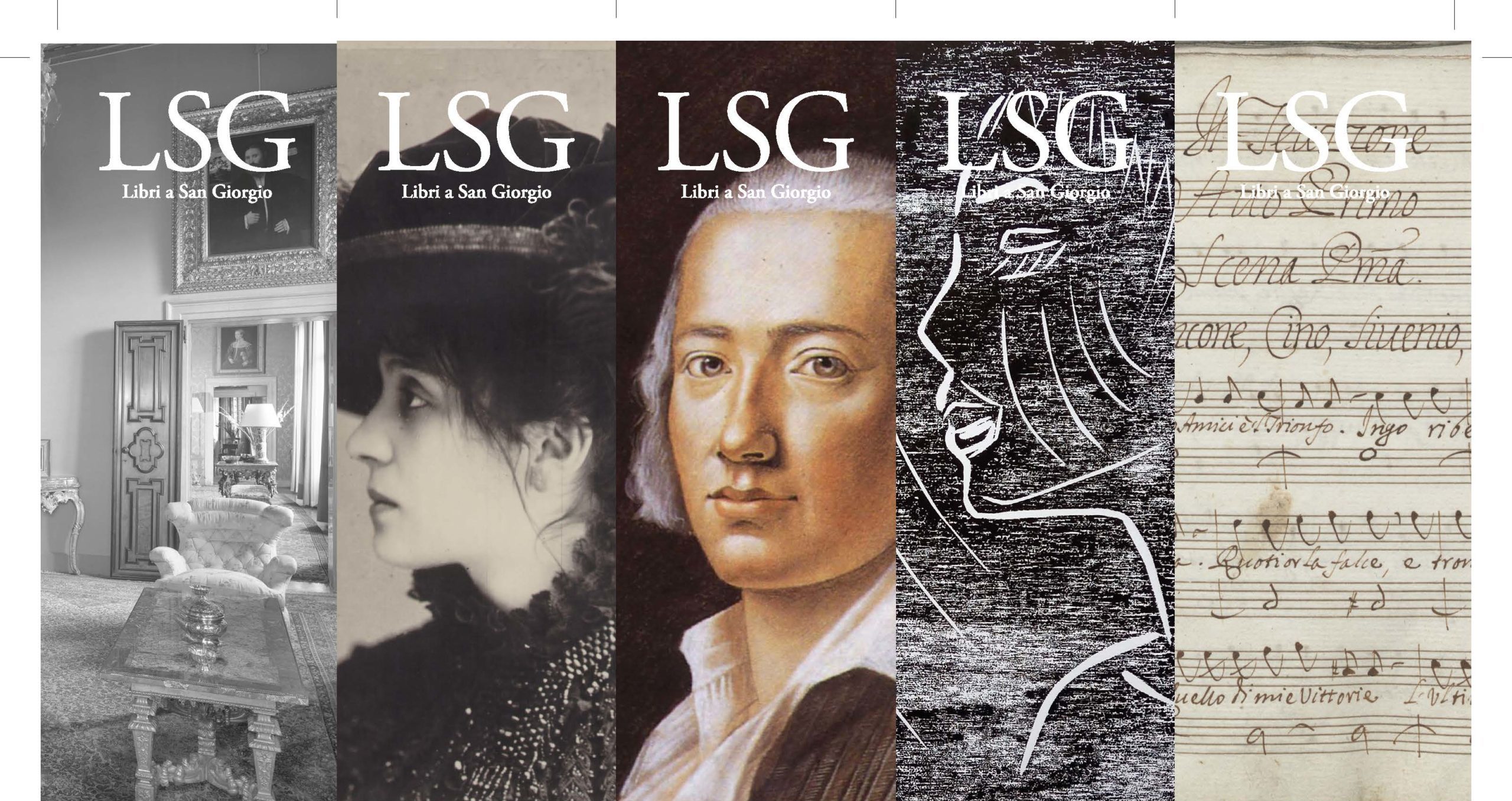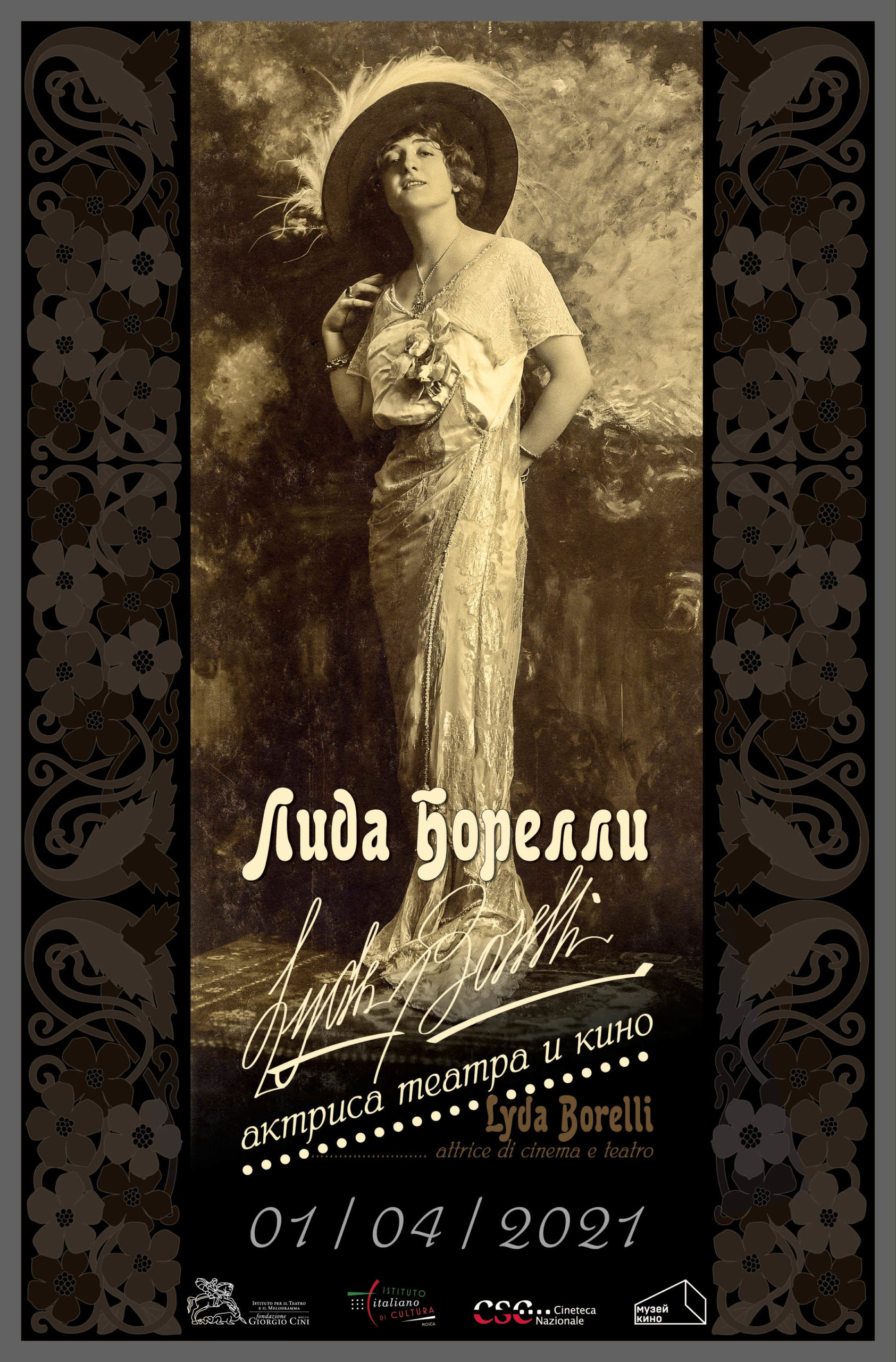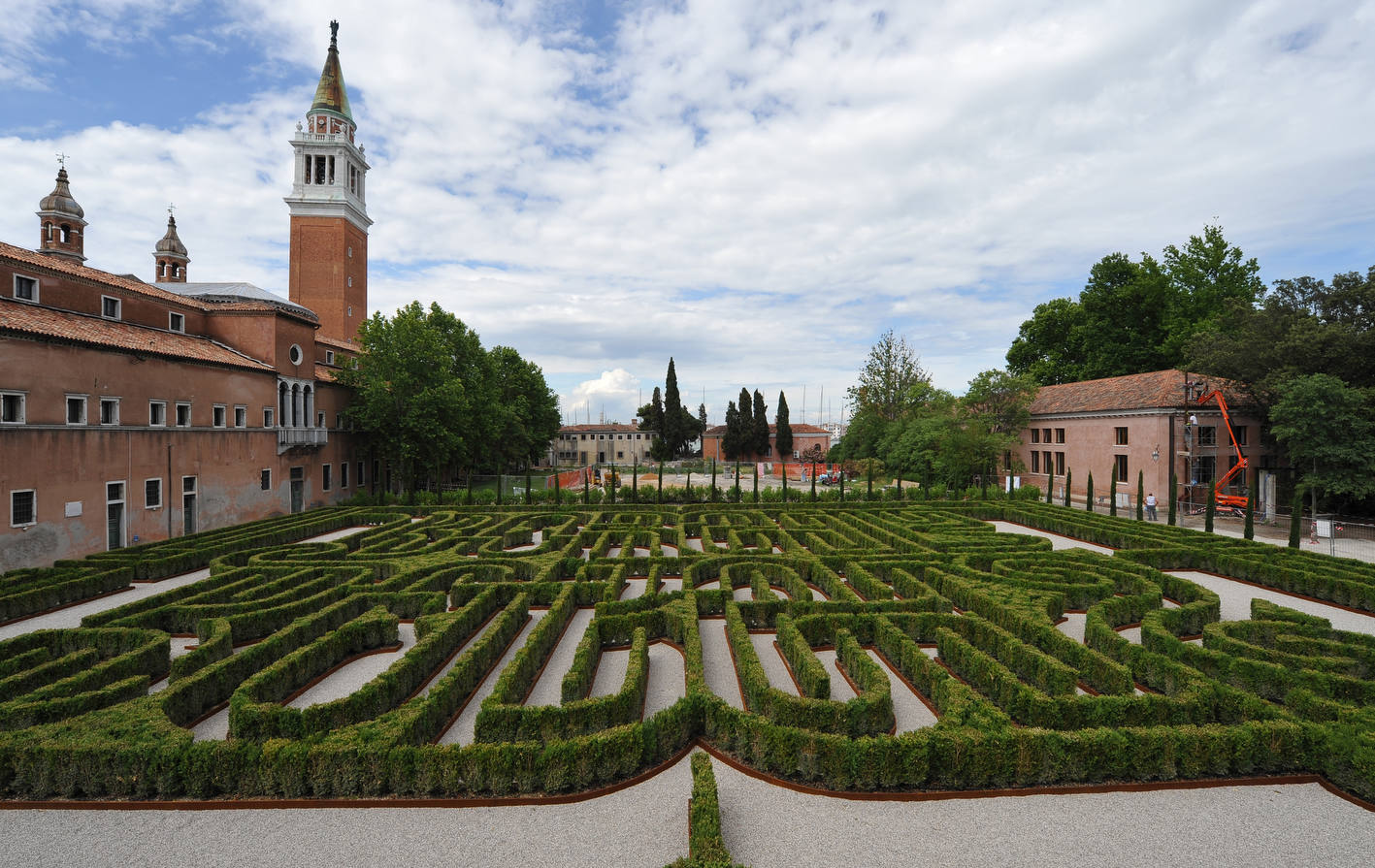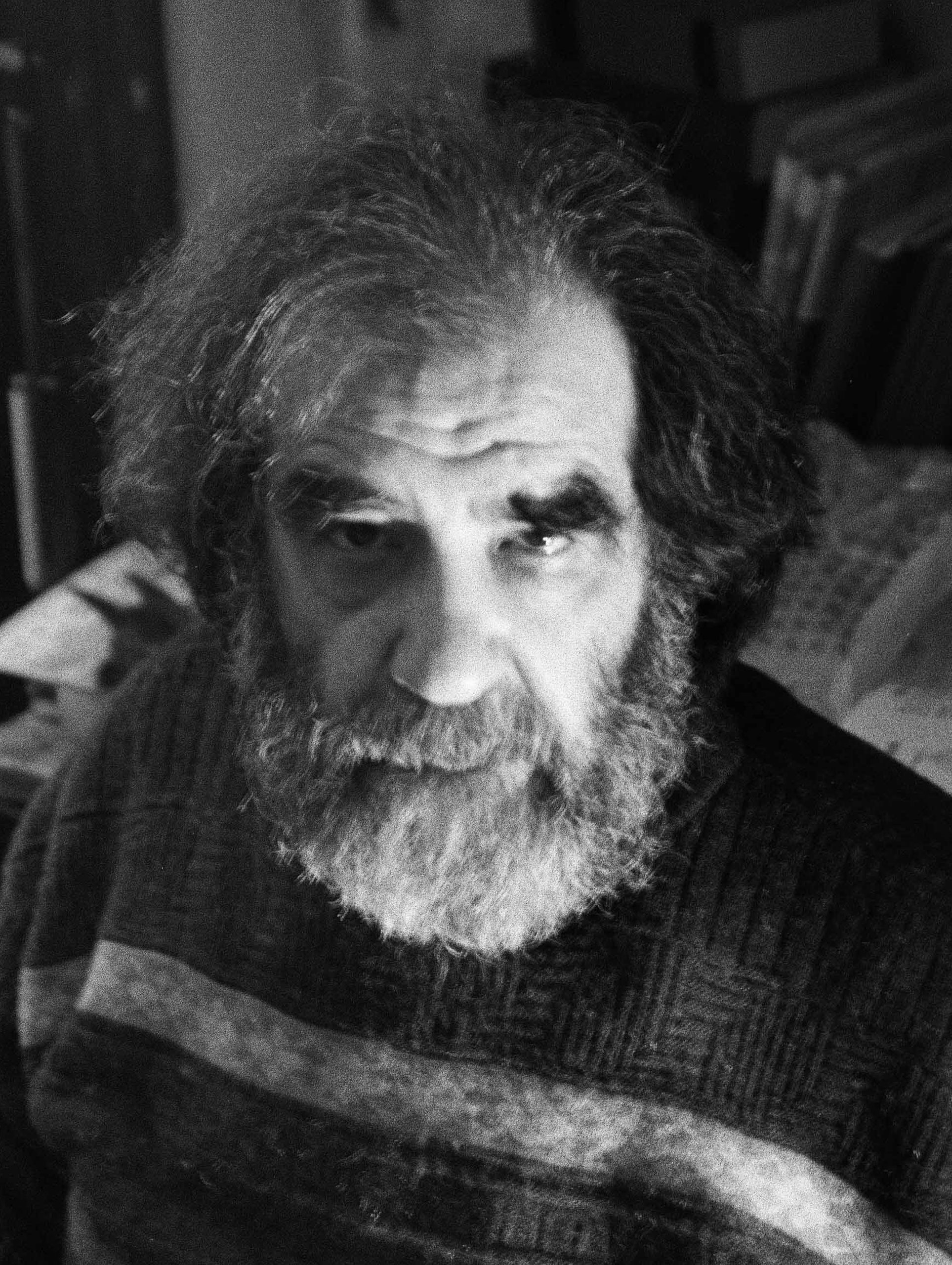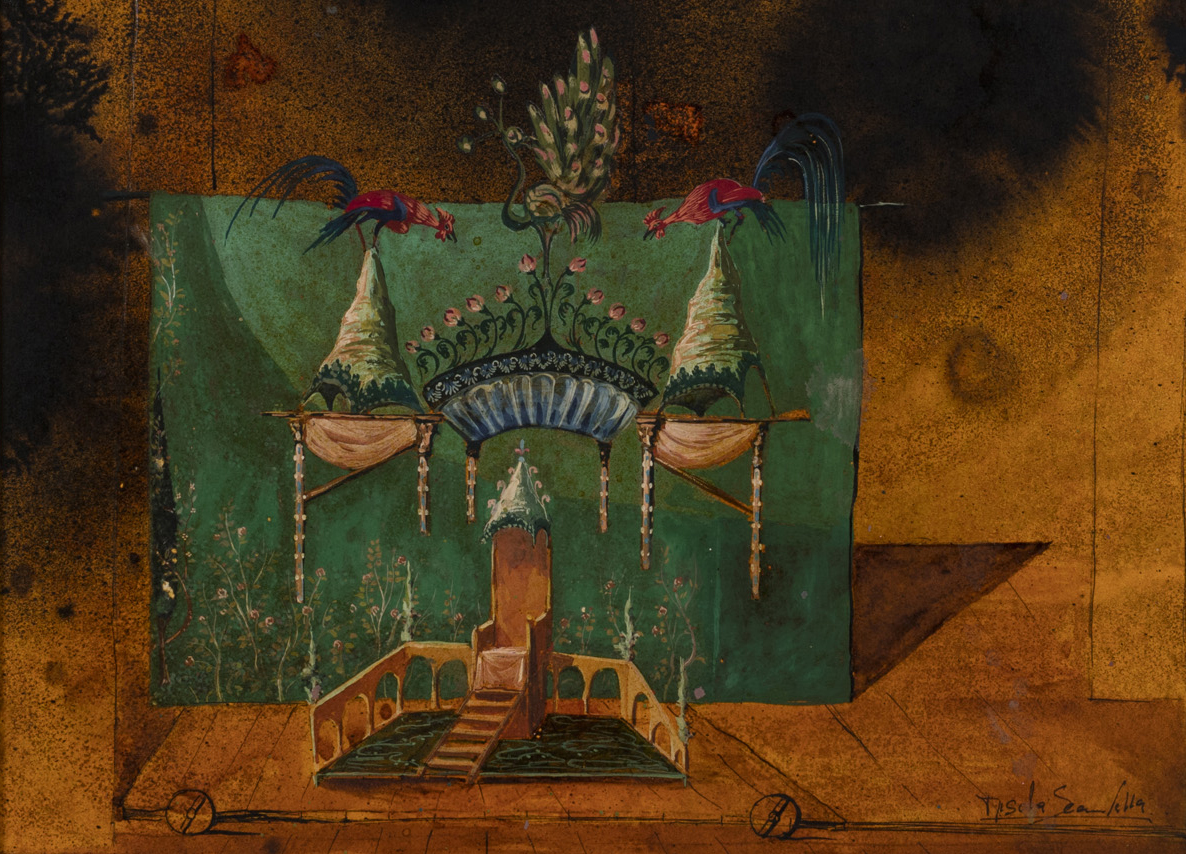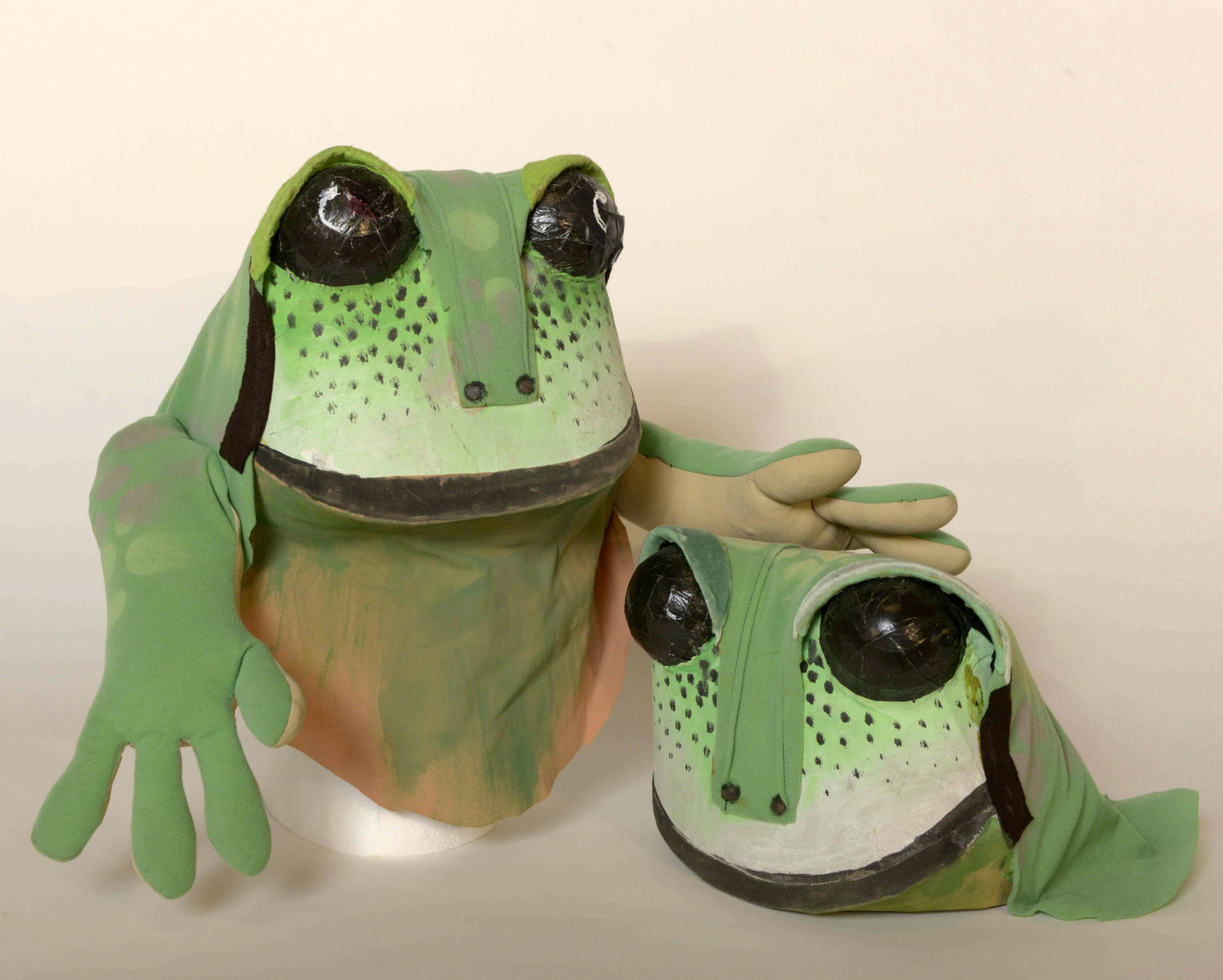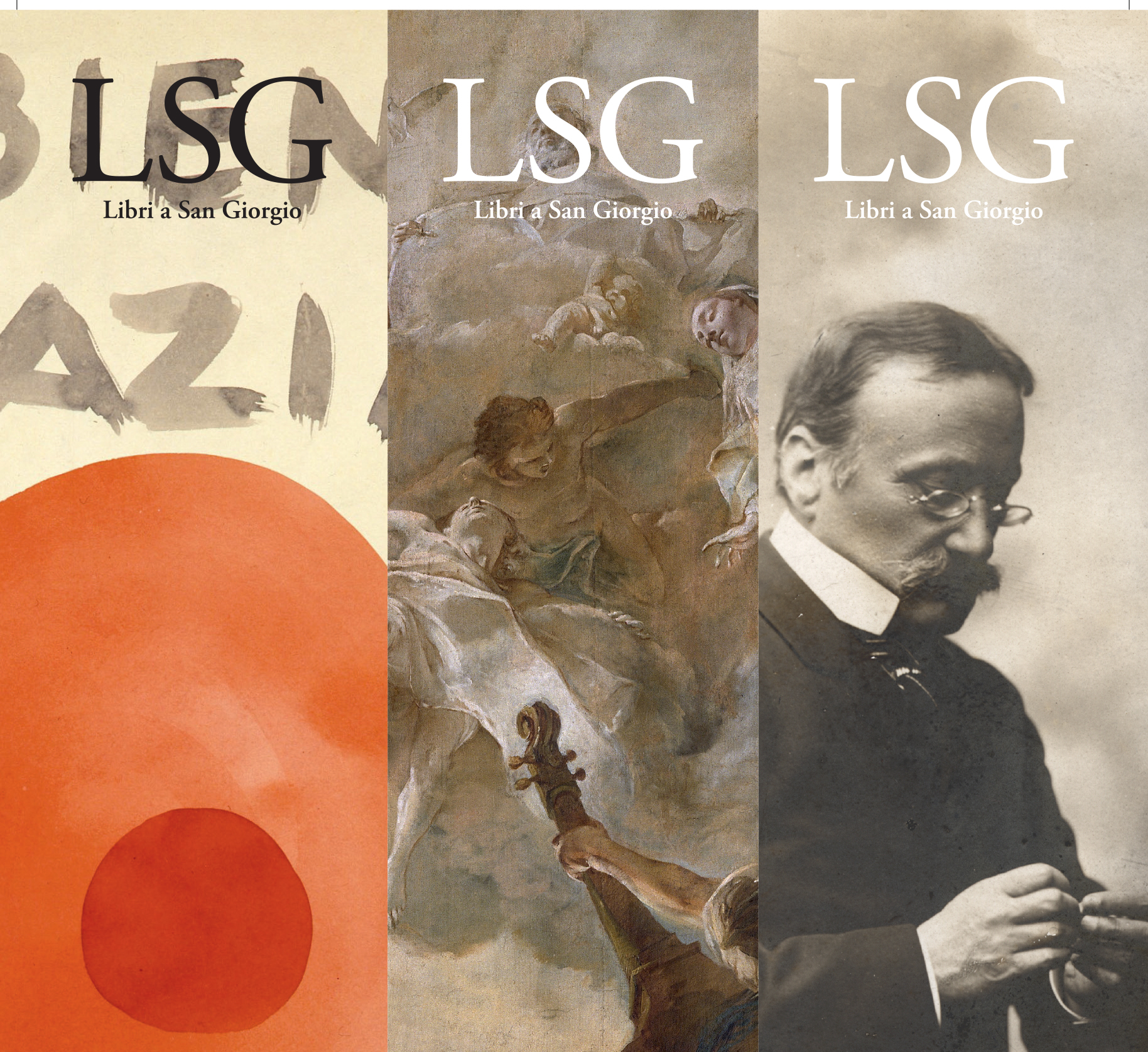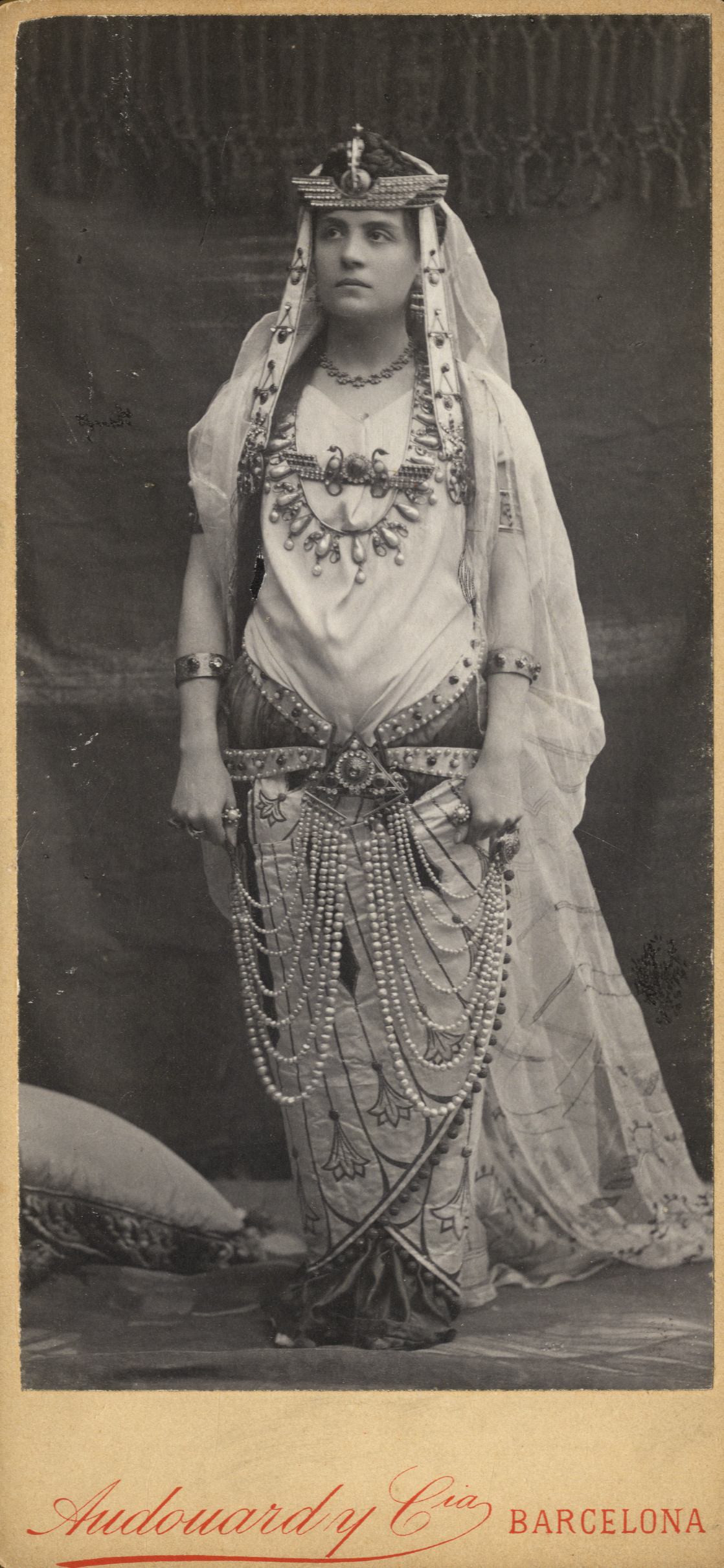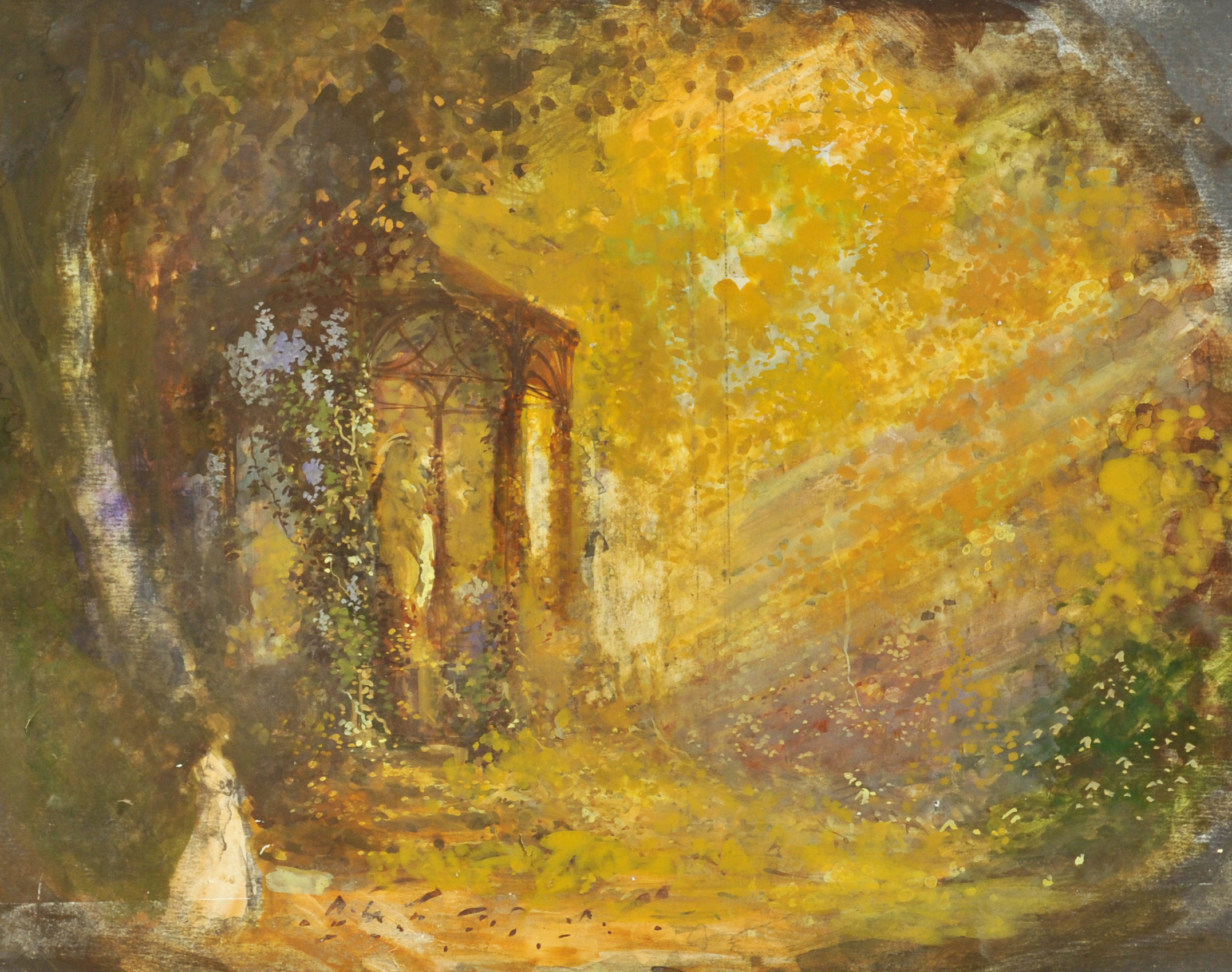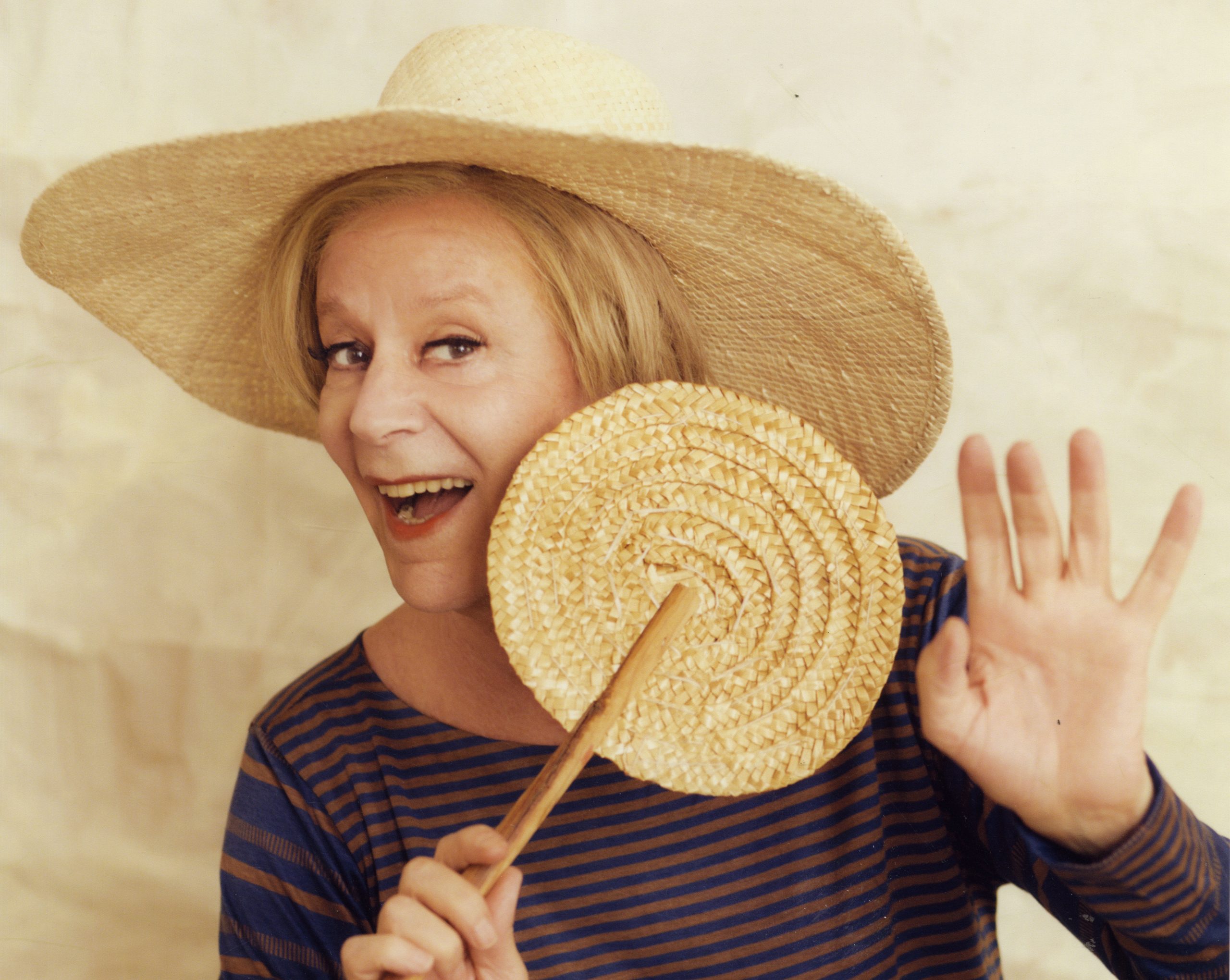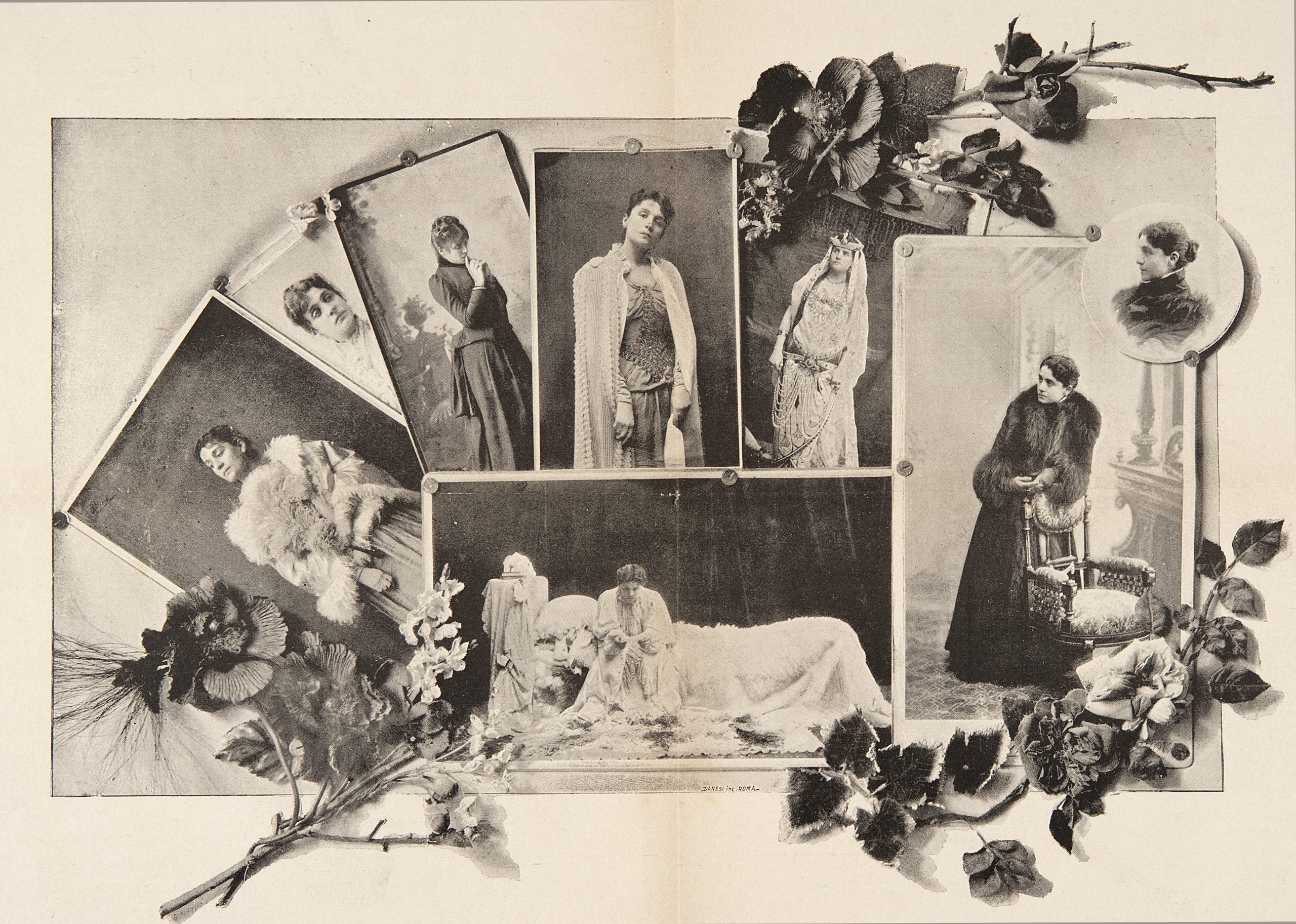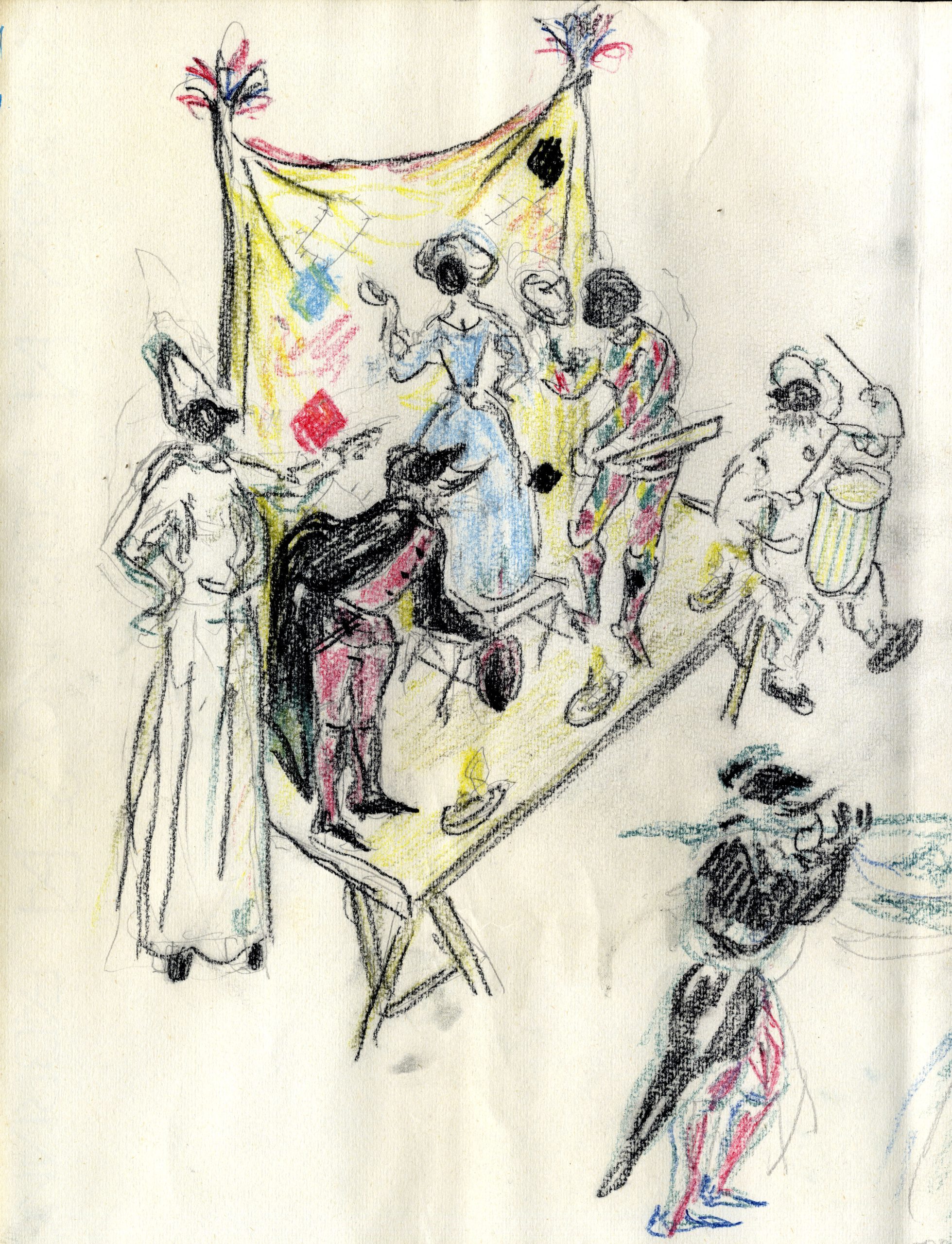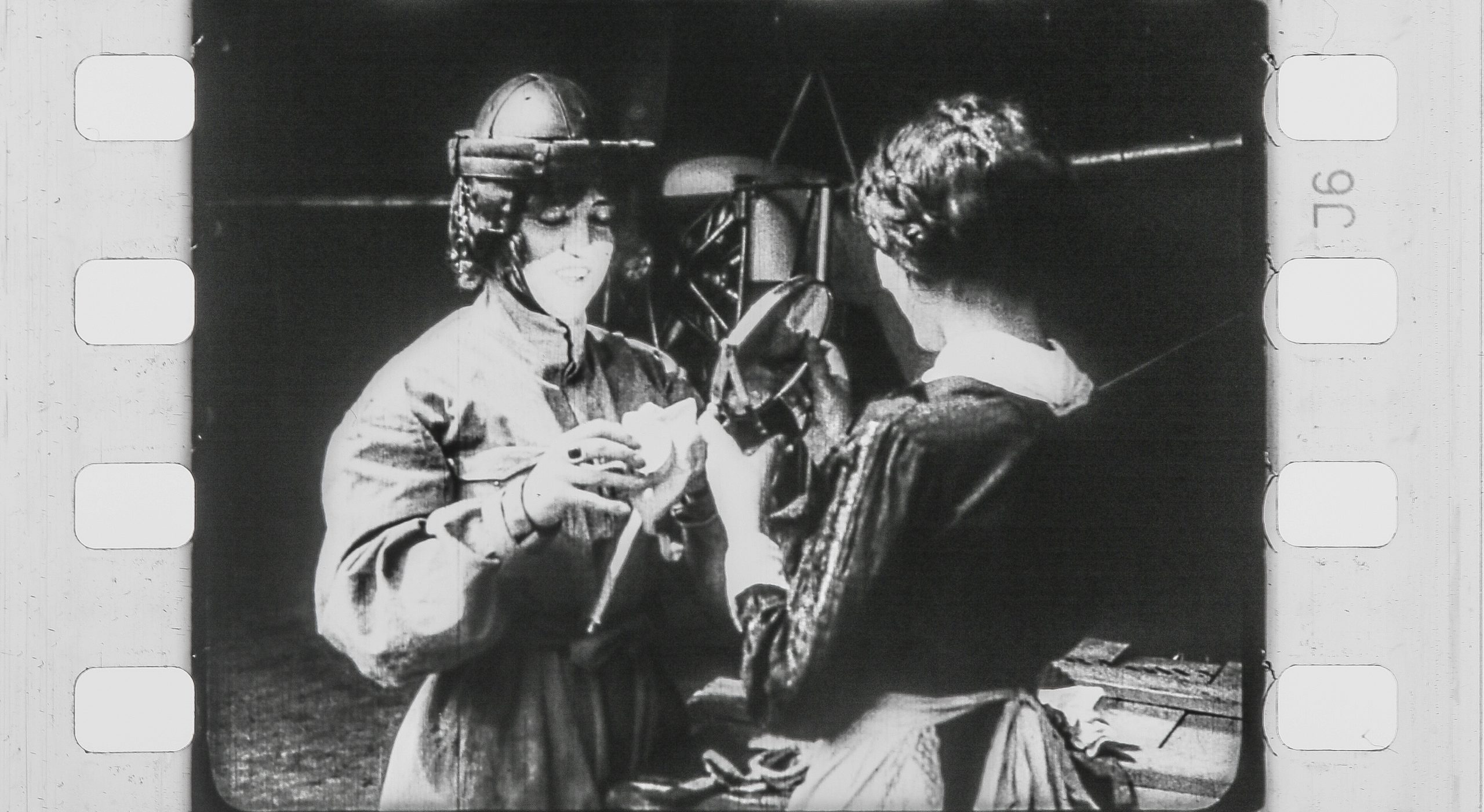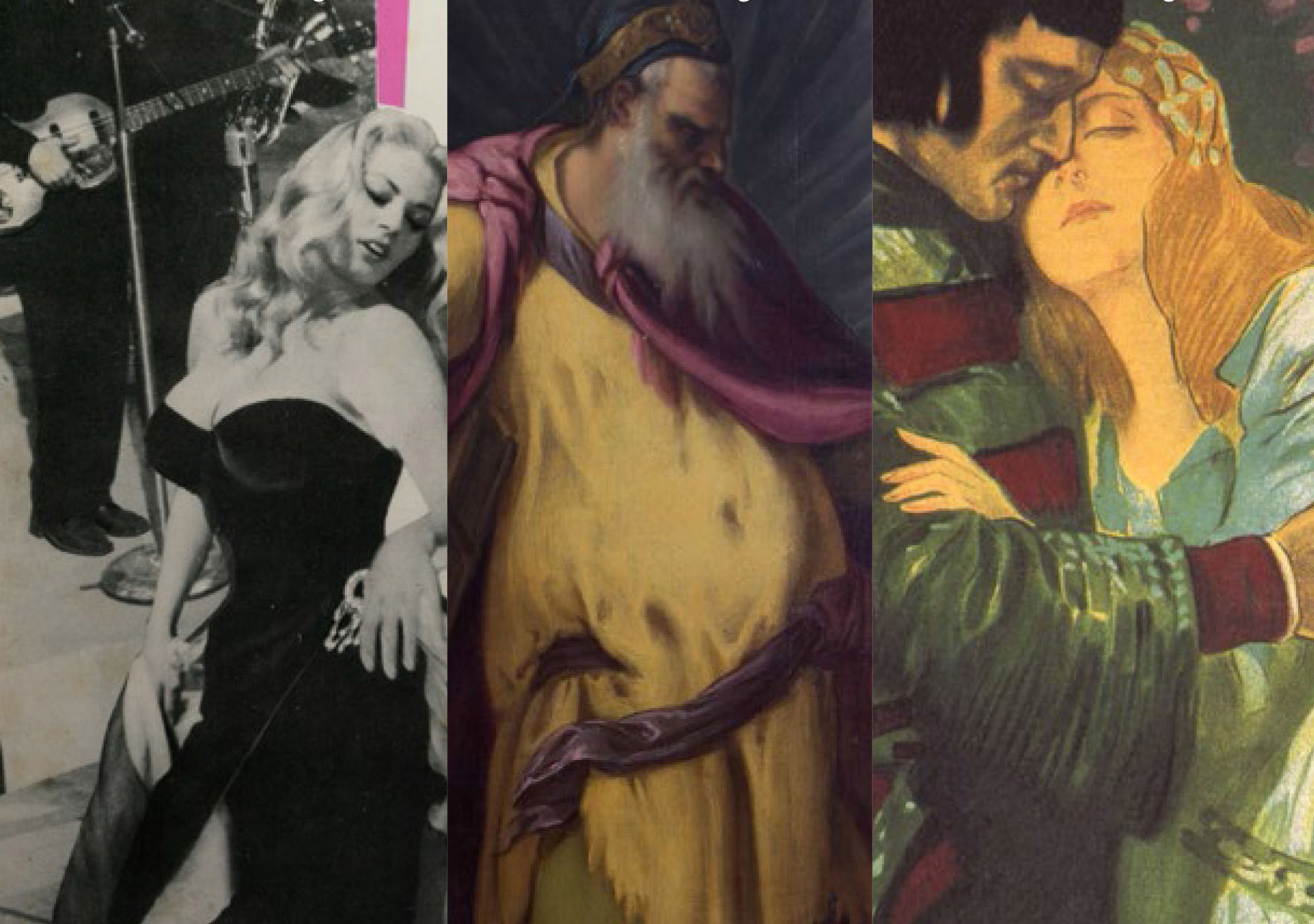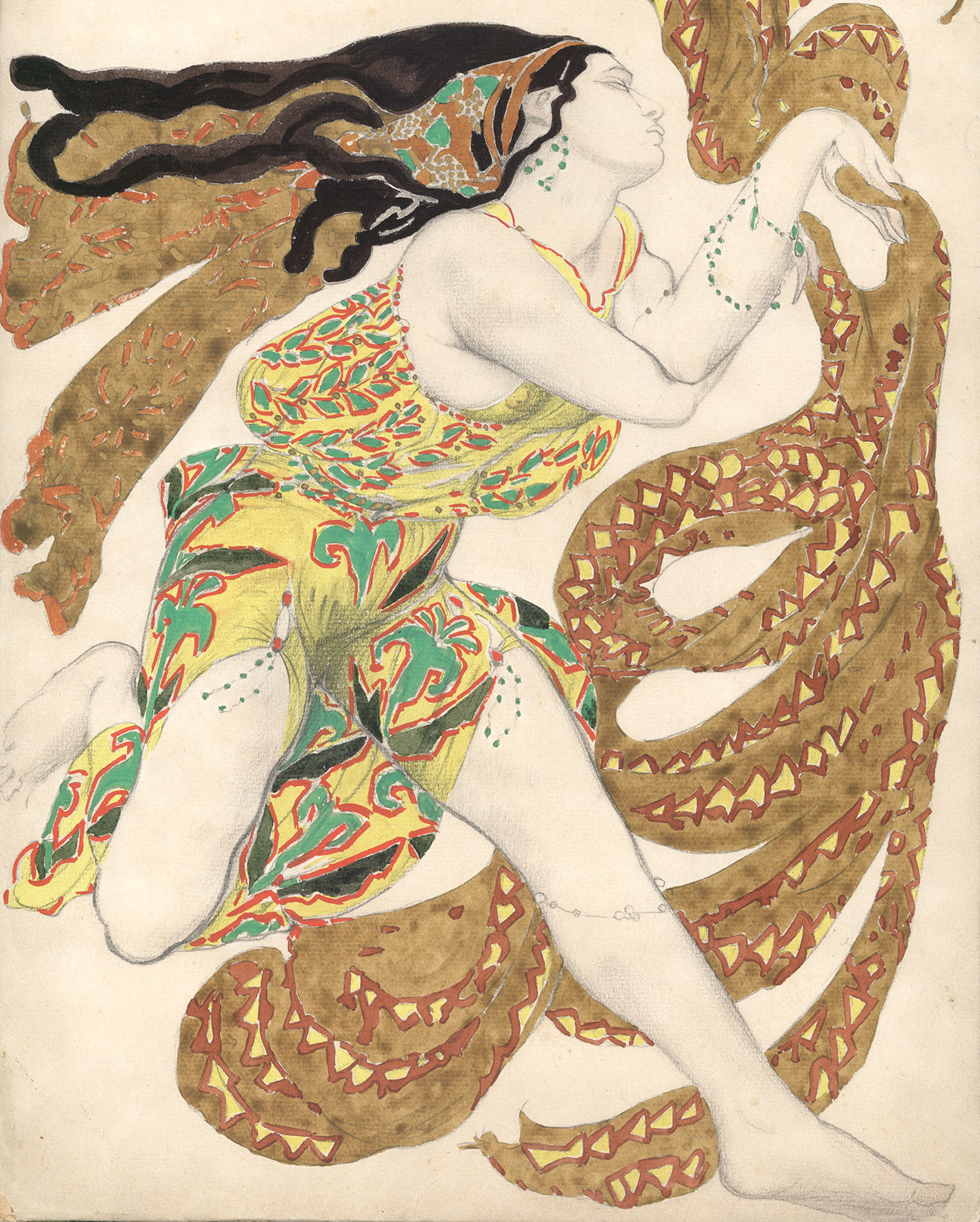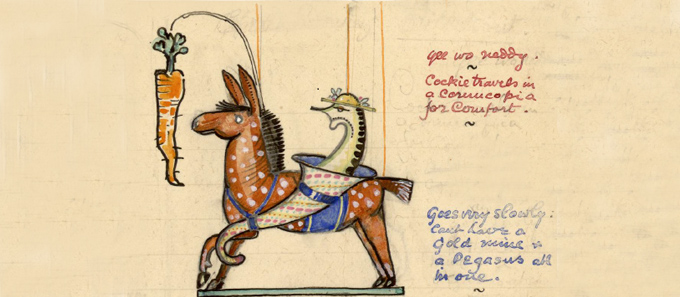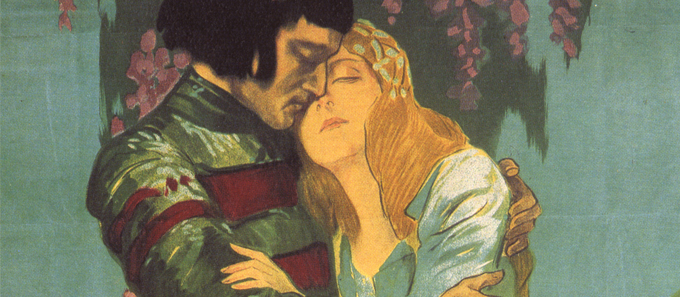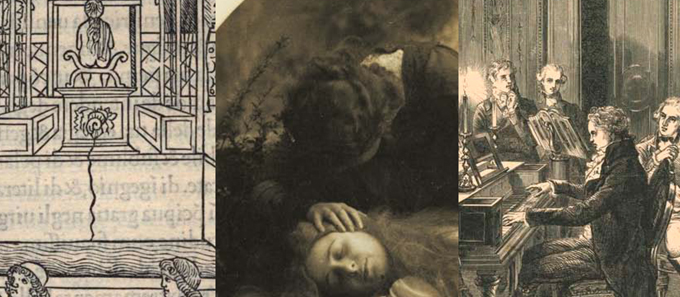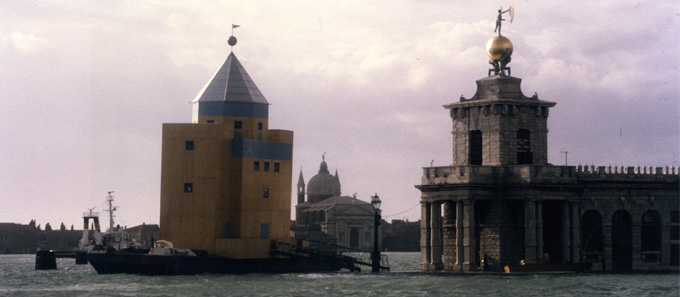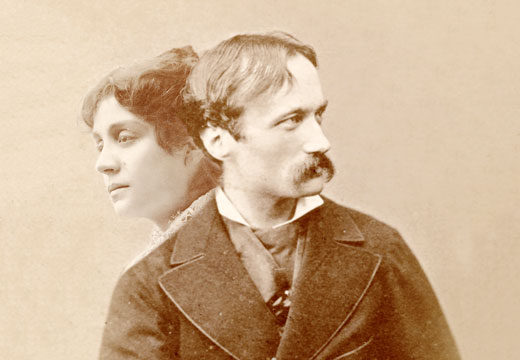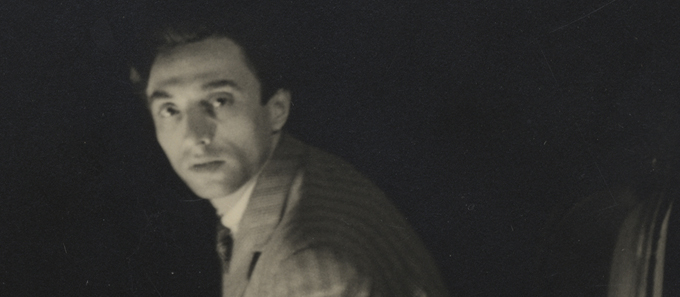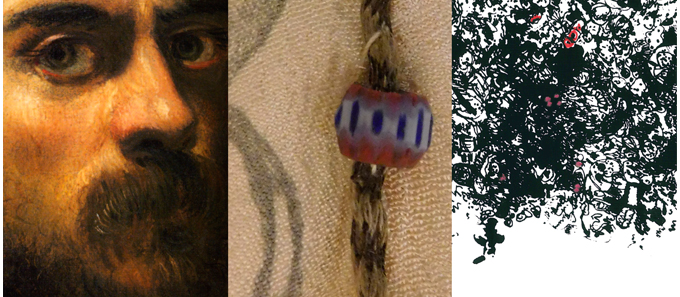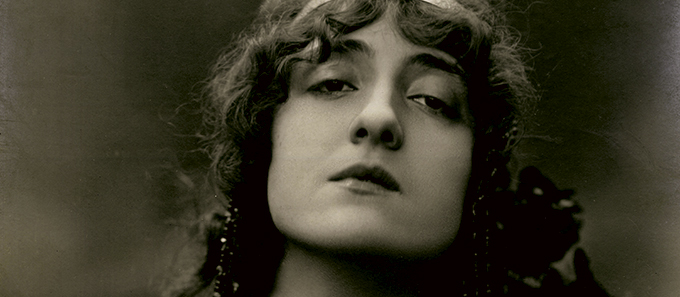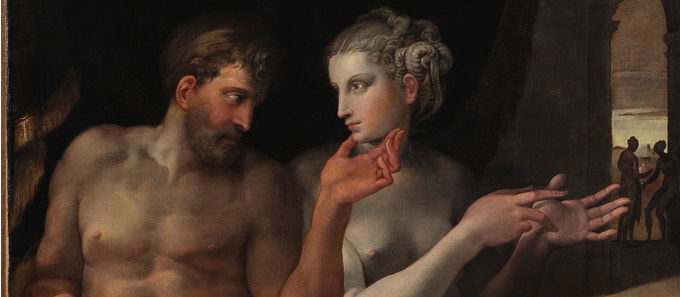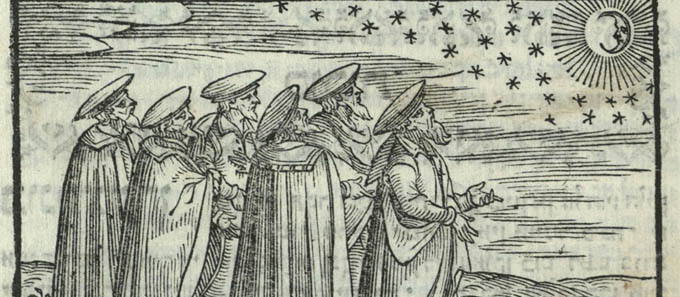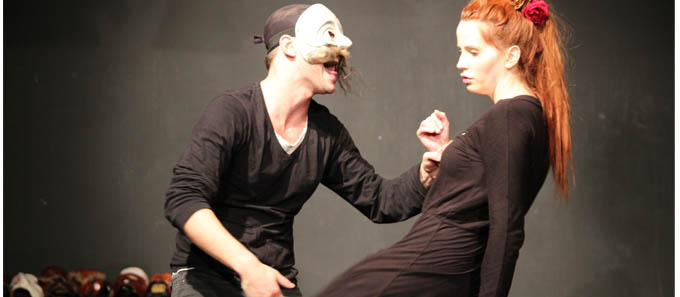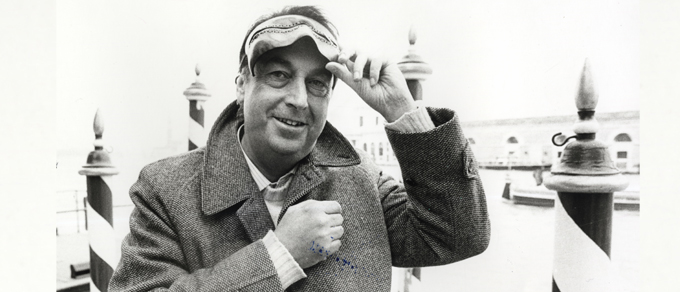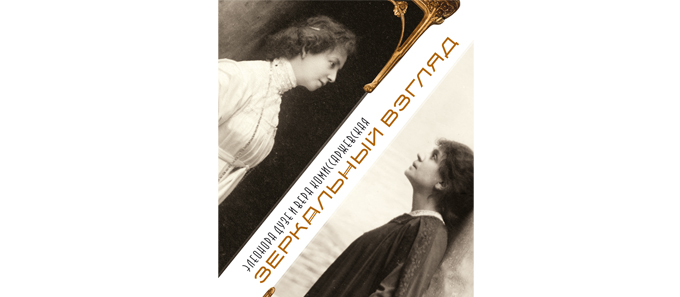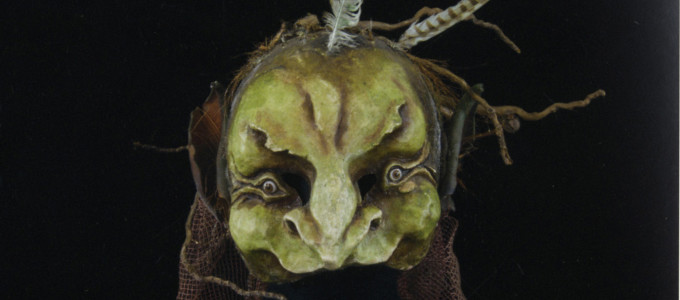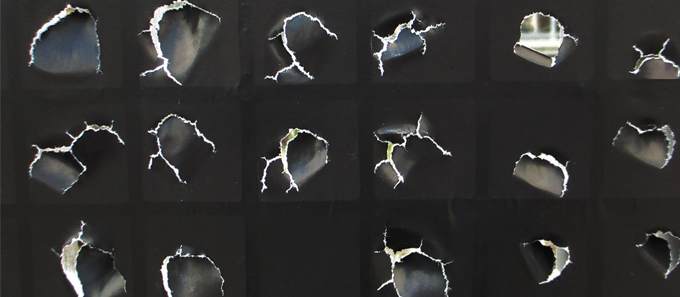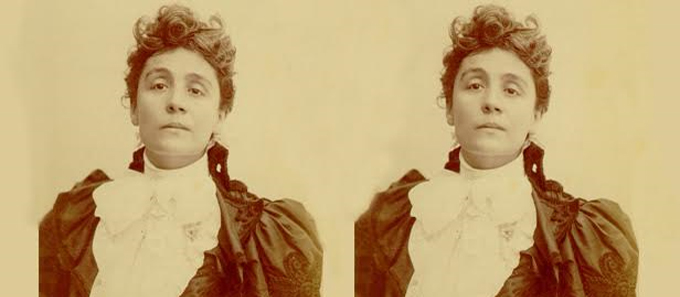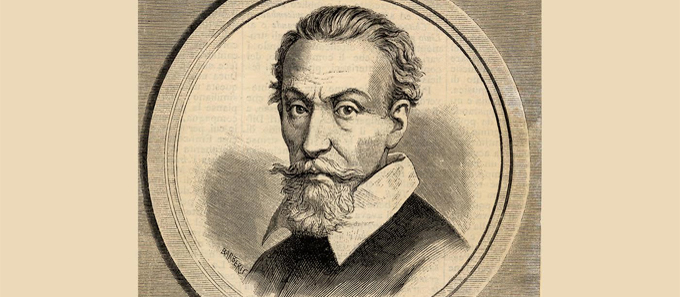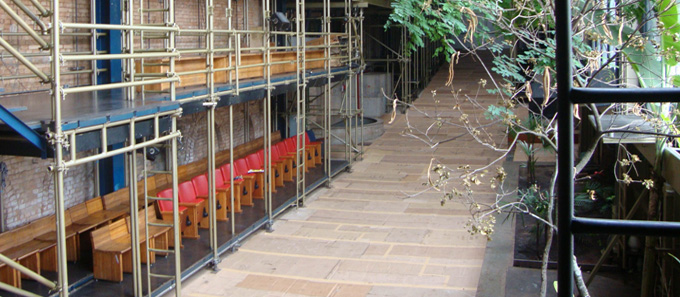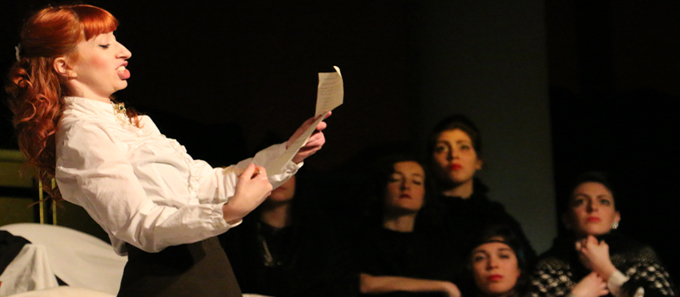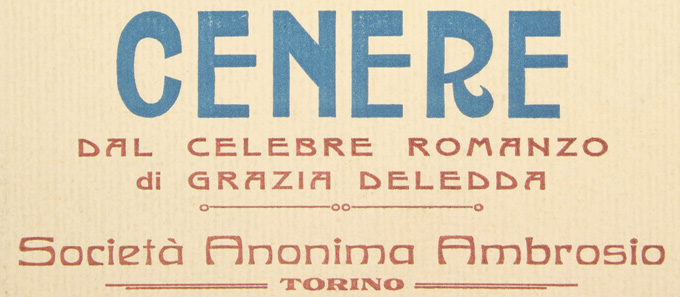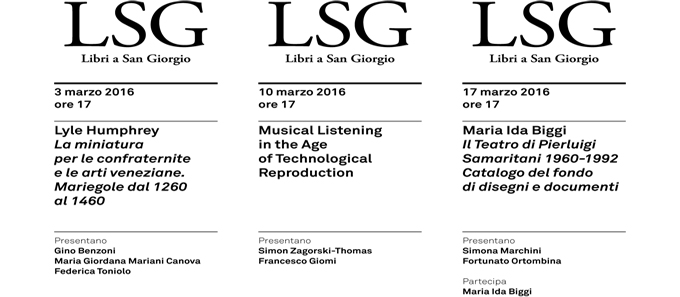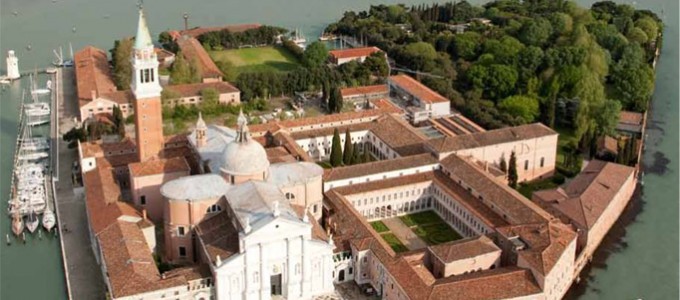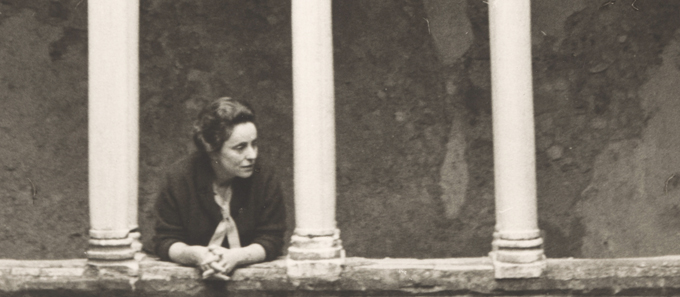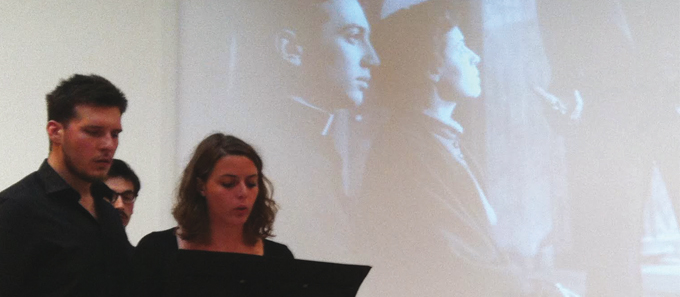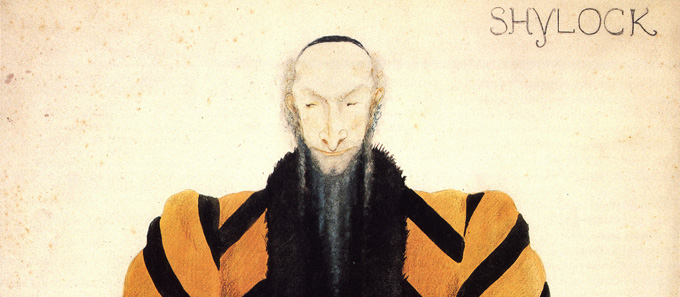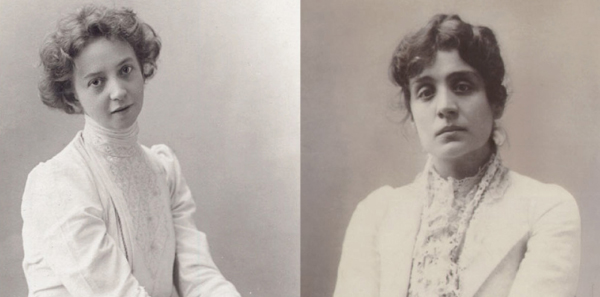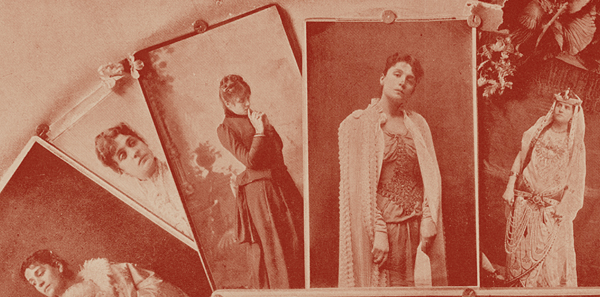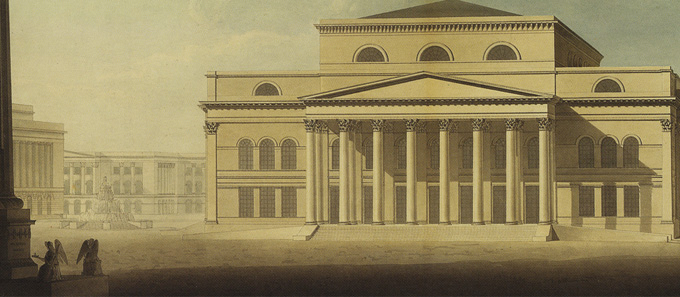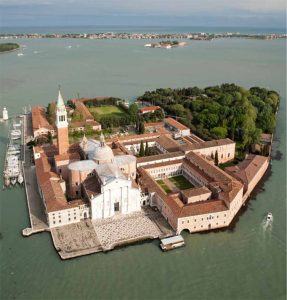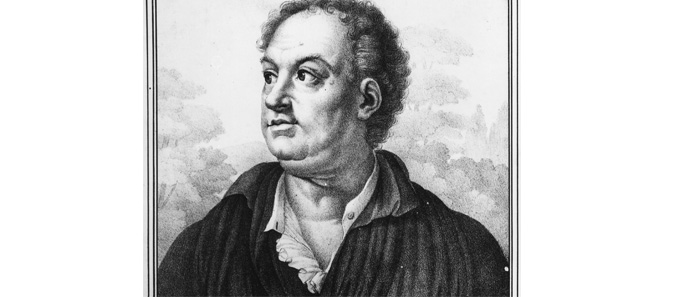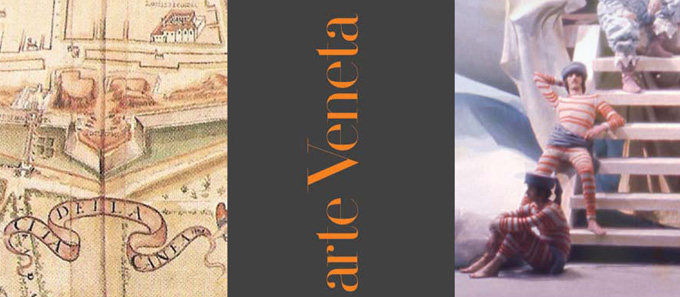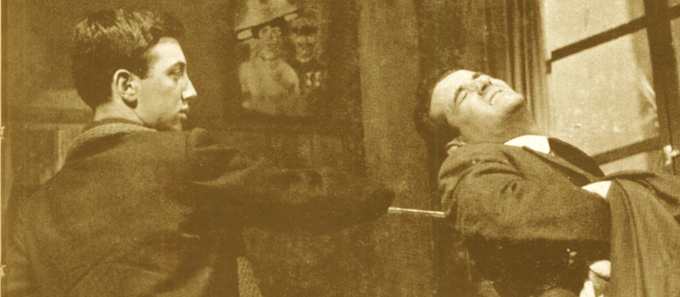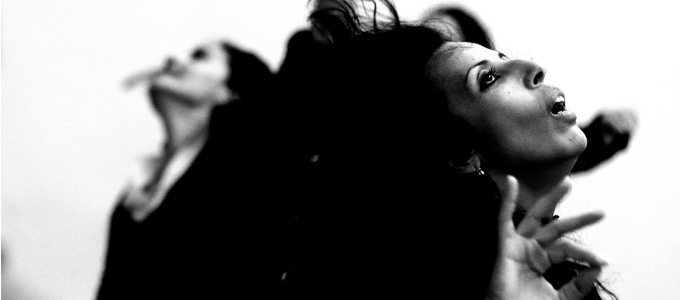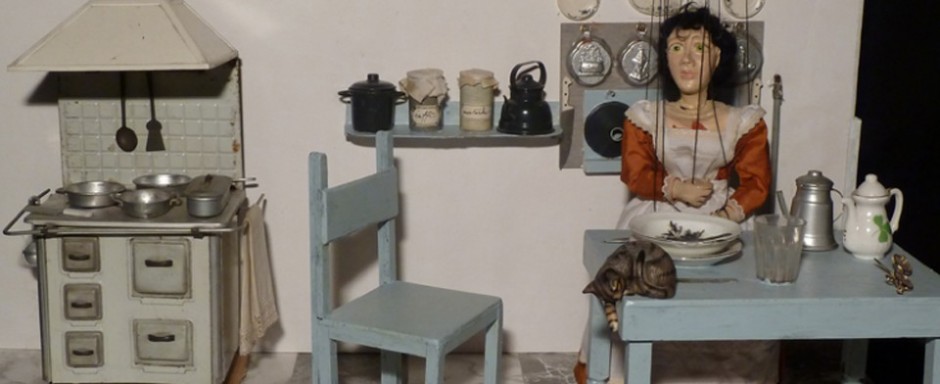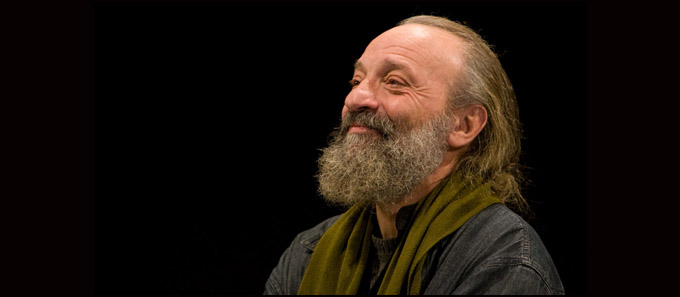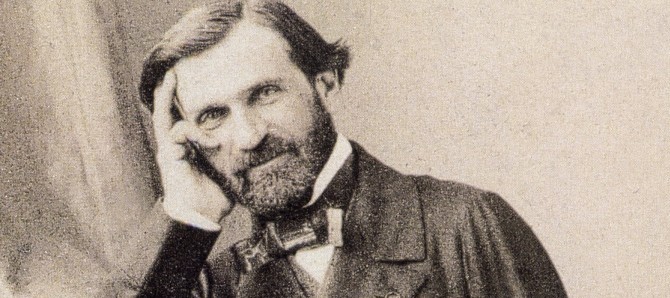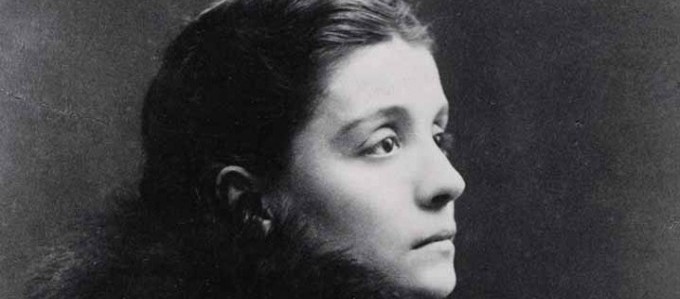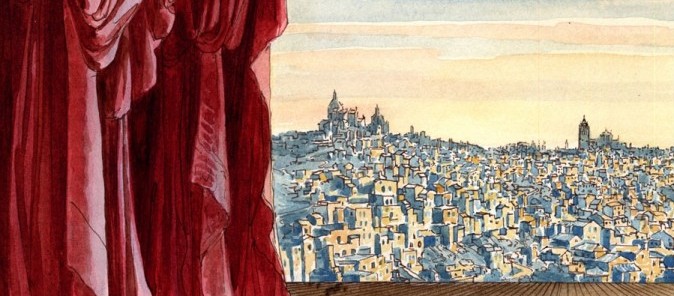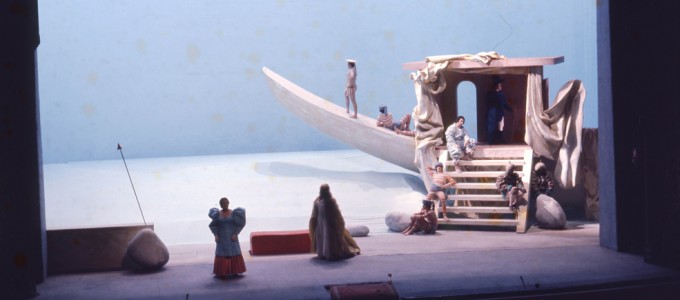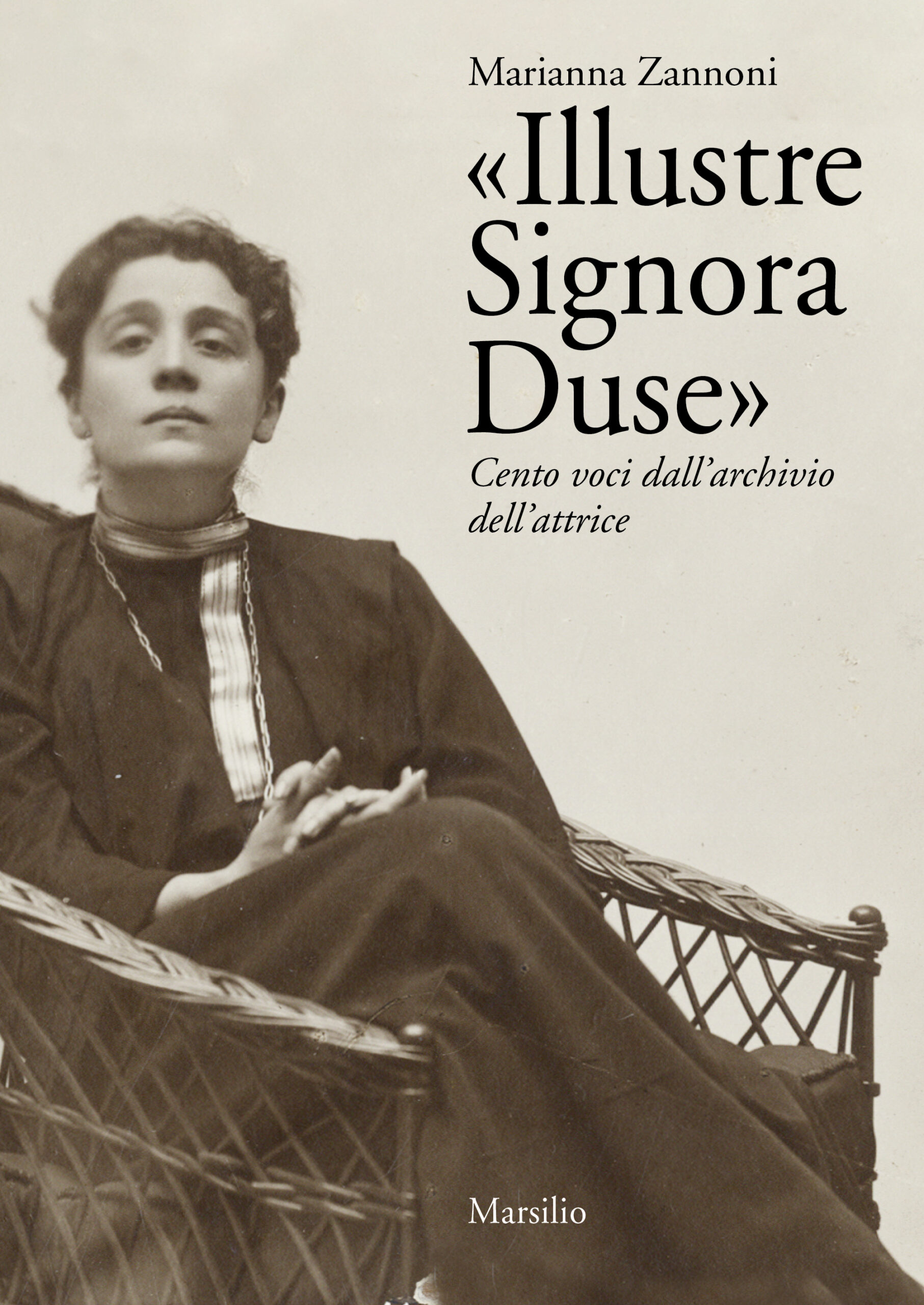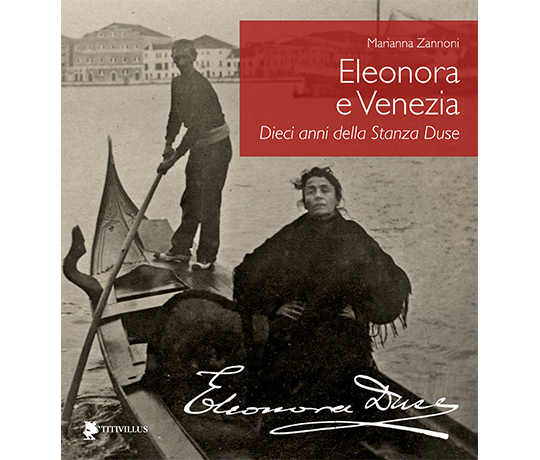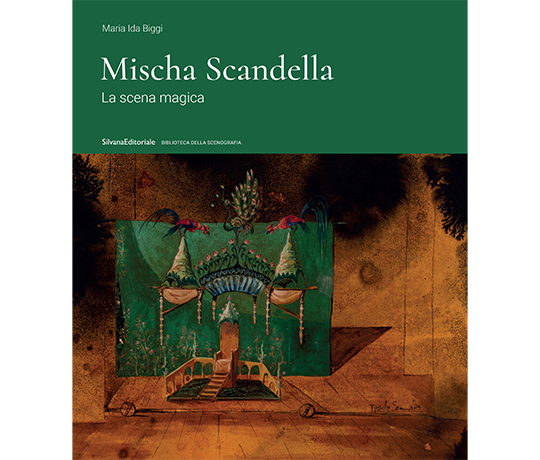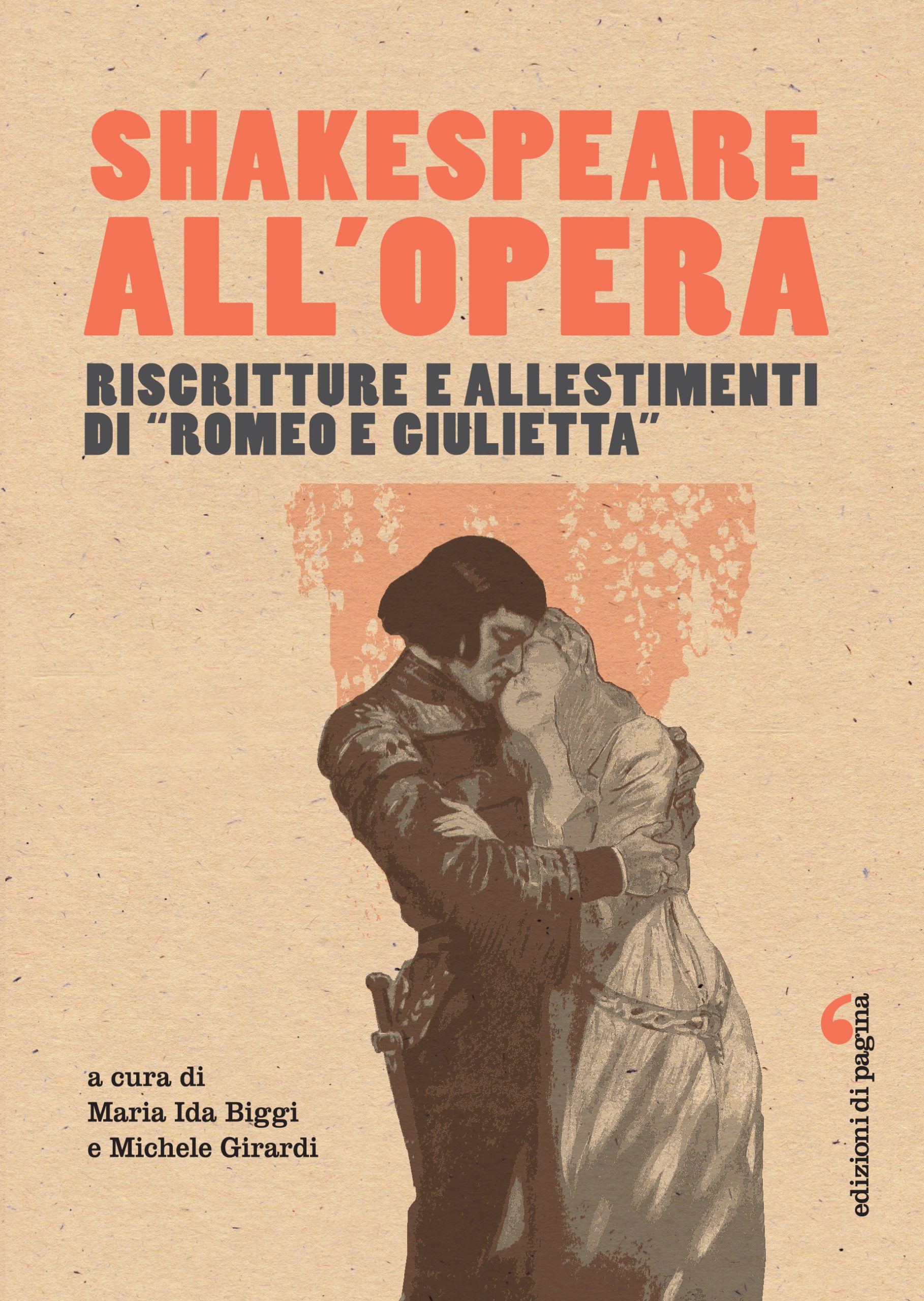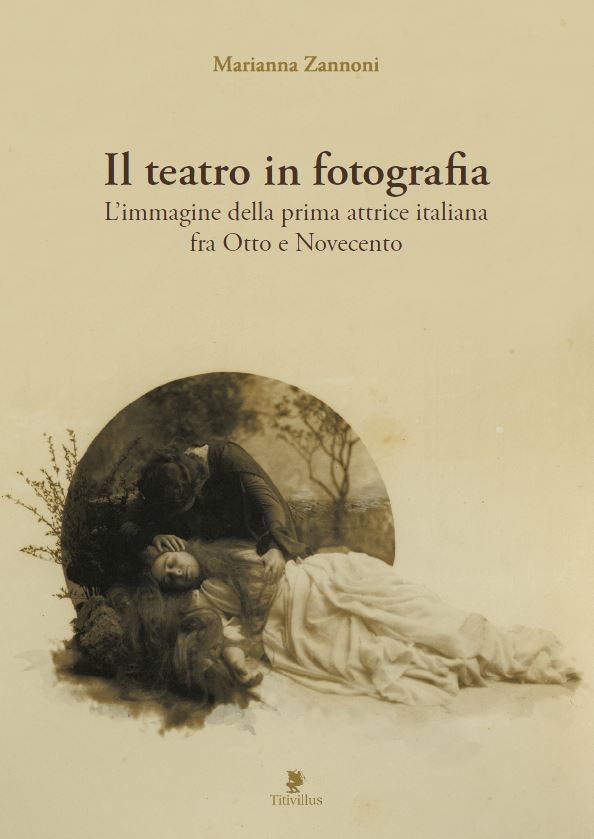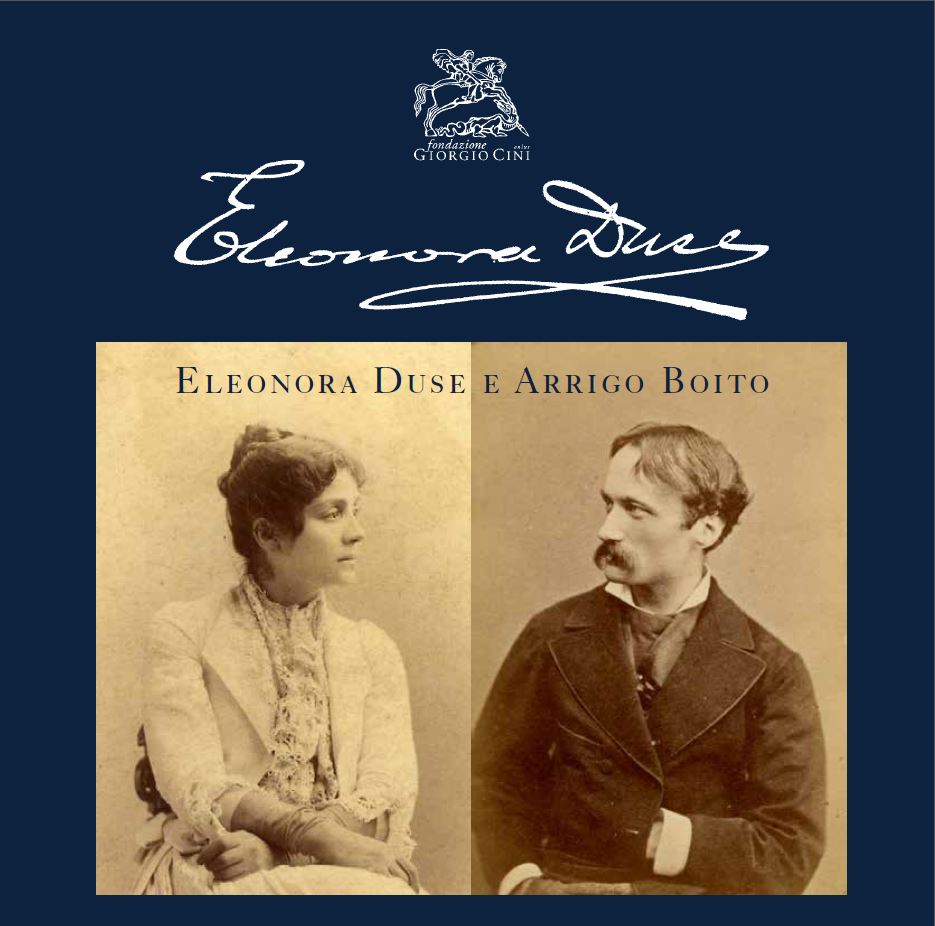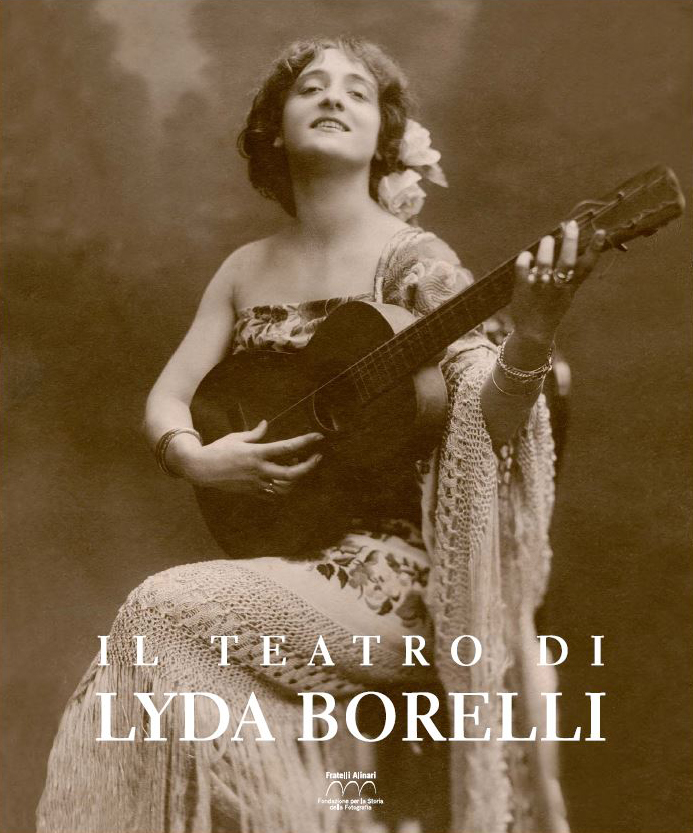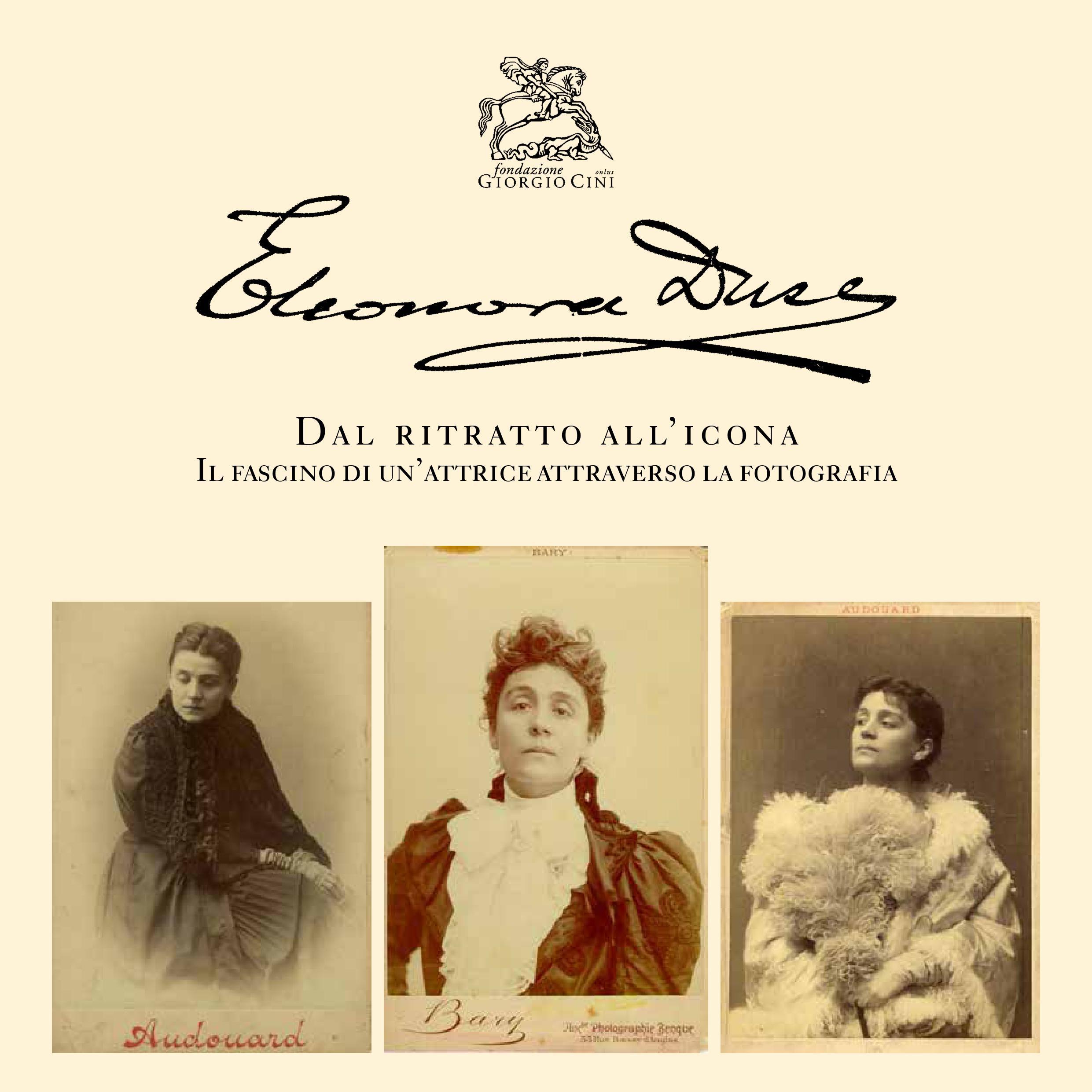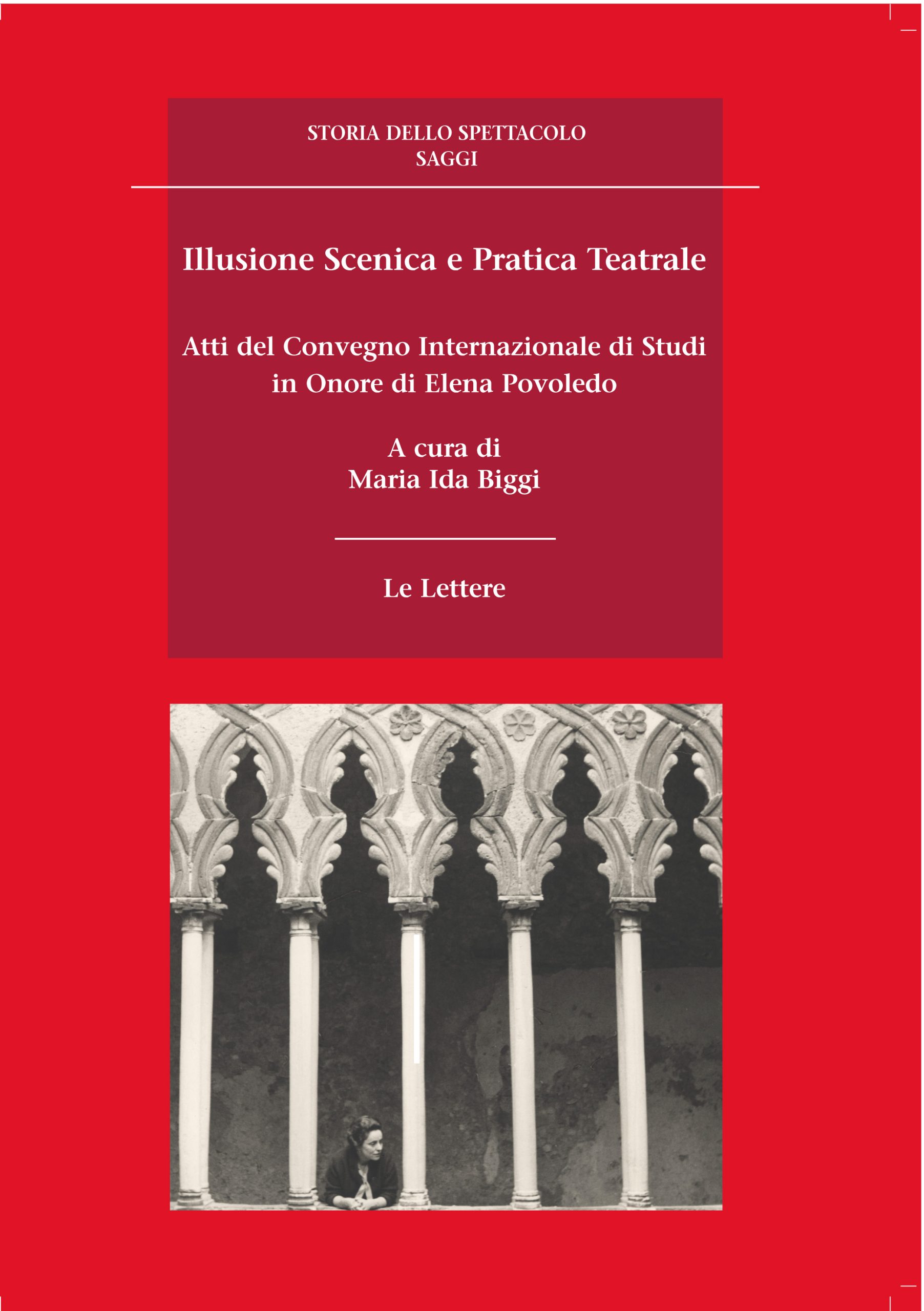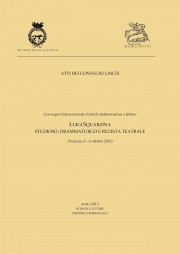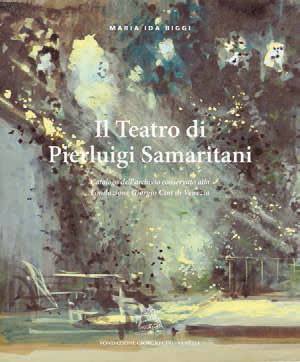Institute of Theatre and Opera
The Institute was established as the evolution of the Institute for Literature, Theatre, and Music, which was founded in 1957 by Vittore Branca and Pietro Nardi. Interest in melodrama grew with the acquisition, in the same year, of the substantial collection of the Roman physician Ulderico Rolandi, which consists of approximately thirty thousand opera librettos dating from the second half of the 16th century to the early 20th century. The collection also includes a rich thematic library, a large number of scores, and a collection of portraits, posters, offprints, and newspaper clippings. In 1970, the Italianist Gianfranco Folena was appointed director of the Institute, introducing a linguistic approach to the study of theatrical and musical disciplines.
The annual conferences attracted scholars from all over the world and contributed to the reassessment of the opera libretto, at a time when emphasising its importance was considered a novel approach. Thanks to access to the libretto collection, an international scholarly community emerged, establishing the Fondazione Giorgio Cini as a centre of excellence for research. Between the 1960s and 1980s, several major donations, including the Eleonora Duse Archive (which included collections from Sister Mary Mark and Olga Resnevič Signorelli), allowed the Institute to pursue one of its main research focuses: the study of the actor in the 19th and 20th centuries, in both the Italian and international theatre traditions.
In the late 1980s, the acquisition of the personal archive of dancer and choreographer Aurél M. Milloss enabled the Institute to become a leading reference for the study of various forms of dance. Over time, the Institute was further enriched by the personal libraries of Gian Francesco Malipiero, Francesco Gallia, Aurél M. Milloss, and Ulderico Rolandi.
In 2007, it was renamed the Study Centre for European Theatre and Opera. Over the years, intensive digitisation efforts were undertaken, culminating in the creation of the Theatrical and Musical Iconographic Archive, which now houses more than twelve thousand files, ranging from portraiture and set design to theatre architecture, costume design, painting, and graphics. The Study Centre has also expanded with new and invaluable donations concerning post-20th century theatre, including contributions from Luigi Squarzina, Titina Rota, Pierluigi Samaritani, Elena Povoledo, Maurizio Scaparro, Giovanni Poli, Mischa Scandella, Arnaldo Momo, and Santuzza Calì.
In 2017, the Study Centre became the Institute of Theatre and Opera on the occasion of its 10th anniversary. That same year, it began a project to rediscover the figure of Lyda Borelli, a charismatic artist and one of the most famous Italian actresses of the early 20th century.
Since 2007, the Institute has been directed by Maria Ida Biggi.
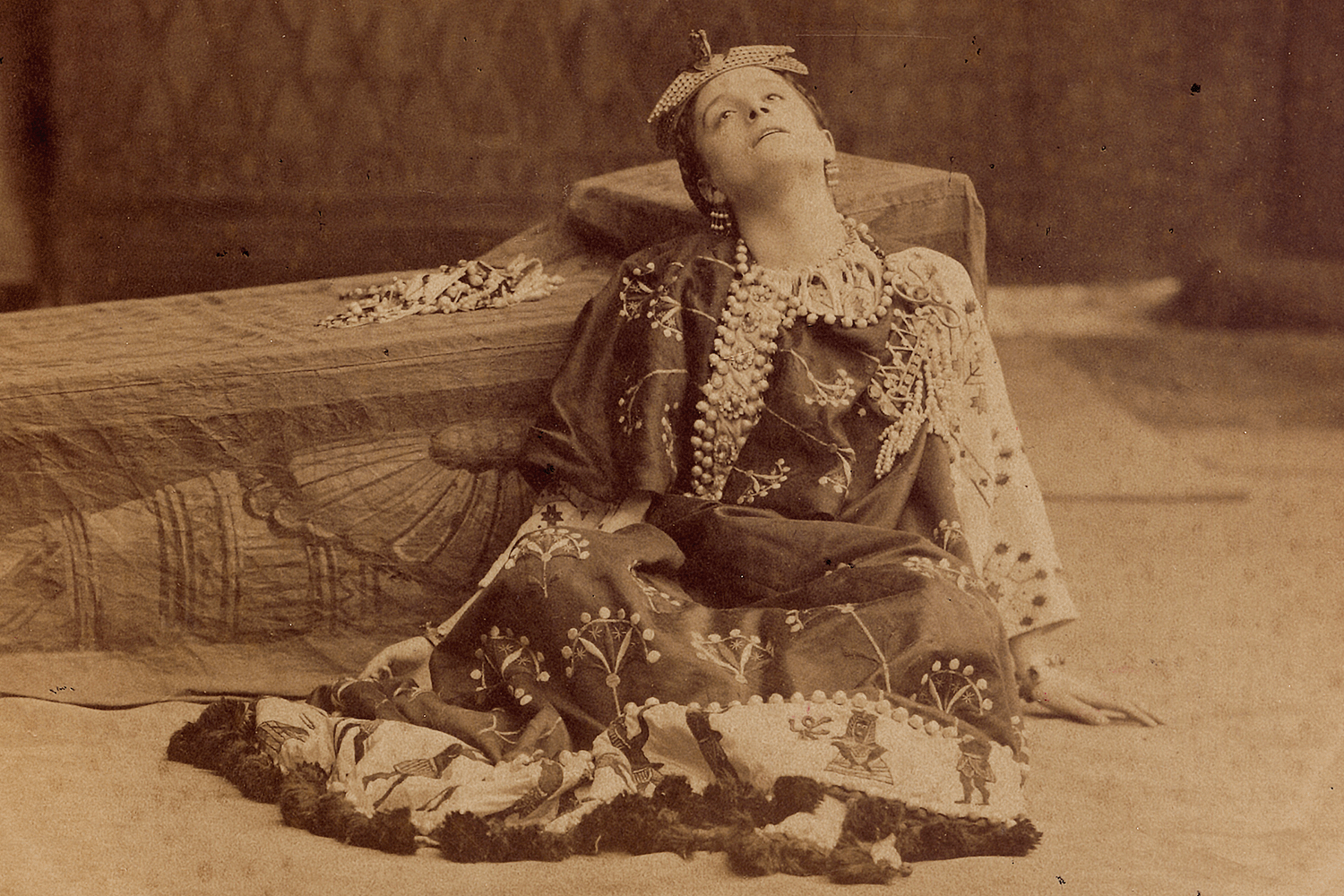
Eleonora Duse in Antonio e Cleopatra, photograph by Pau Audouard, c. 1890 Duse Archive © Fondazione Giorgio Cini
The Institute supports research and scientific dissemination, manages and promotes its documentary and iconographic archives, and organises seminars, conferences, publications, and cultural initiatives.
-
Exhibitions
-
Conferences and Seminars
-
Exhibitions
01.09.23 — 08.03.24
-
Conferences and Seminars
-
Conferences and Seminars
-
Conferences and Seminars
-
Conferences and Seminars
-
Conferences and Seminars
-
Conferences and Seminars
-
Conferences and Seminars
-
Exhibitions
-
Meetings
-
Conferences and Seminars
-
Conferences and Seminars
-
Conferences and Seminars
-
Meetings
-
Concerts and shows
14.11.13 — 05.03.14
Archives, dedicated projects, committees and national editions
STANZA DUSE
Inaugurated in 2011, the Stanza Duse is a permanent space dedicated to the memory of the great Italian actress. It was created with the aim of making the valuable heritage preserved in the Duse Archive accessible to the public through temporary thematic exhibitions.
-
Exhibitions
01.09.23 — 08.03.24
LYDA BORELLI
Since 2017, the Institute of Theatre and Opera has been dedicated to rediscovering the figure of Lyda Borelli, an artist of great charisma and one of the most famous Italian actresses of the early 20th century.
Lyda Borelli (La Spezia, 1887 – Rome, 1959) was one of the most renowned Italian actresses of the early 20th century. A woman of extraordinary charm and an artist of remarkable talent, Borelli quickly captured the public’s attention, first in the theatre and later in cinema, making her debut in 1913. As the leading lady of the company and a performer of undeniable talent, she was also an icon of the Liberty style and elegance, embodying the modern woman: emancipated, a lover of speed, and flight. Muse to writers and artists, she had relationships with the most famous intellectuals of the time and portrayed several characters who have since become legendary. Orio Vergani writes: “La sua vita teatrale fu breve, ma con lei si chiude un’epoca, un gusto, uno stile. Lyda Borelli aveva immortalato e bruciato al tempo stesso le immagini e gli accenti di tutta una generazione” (‘Her theatrical life was short, but with her, an era, a taste, a style came to an end. Lyda Borelli had immortalised and burned at the same time the images and accents of an entire generation’).
The Institute, which has focused on the history of the actor since its foundation, explores through thematic reviews and exhibitions the artistic career of Lyda Borelli, the first wife of Count Vittorio Cini, to whom the Foundation owes its creation. Her theatrical career, which anticipated and matched with equal success her better-known film career, makes her one of the most interesting actresses of the generation following that of Eleonora Duse, of whom the Institute holds an important archive collection.
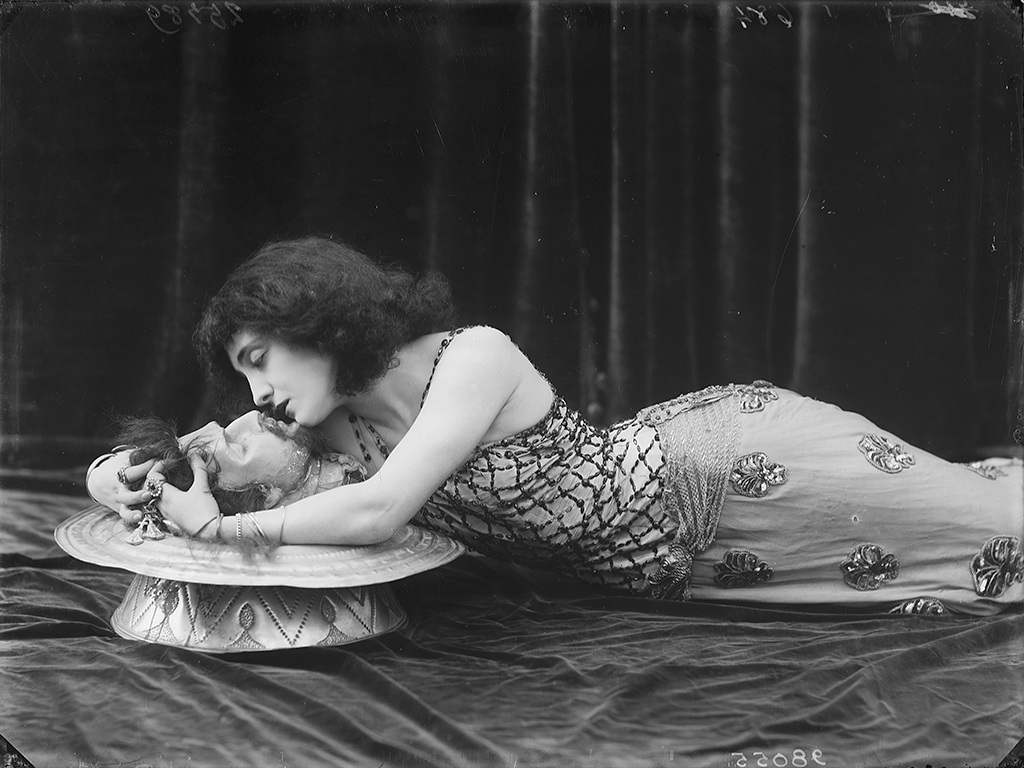
Lyda Borelli in Salomè, 1909-1910, Nunes Vais Archive © ICCD-Gabinetto Fotografico Nazionale, Rome.
